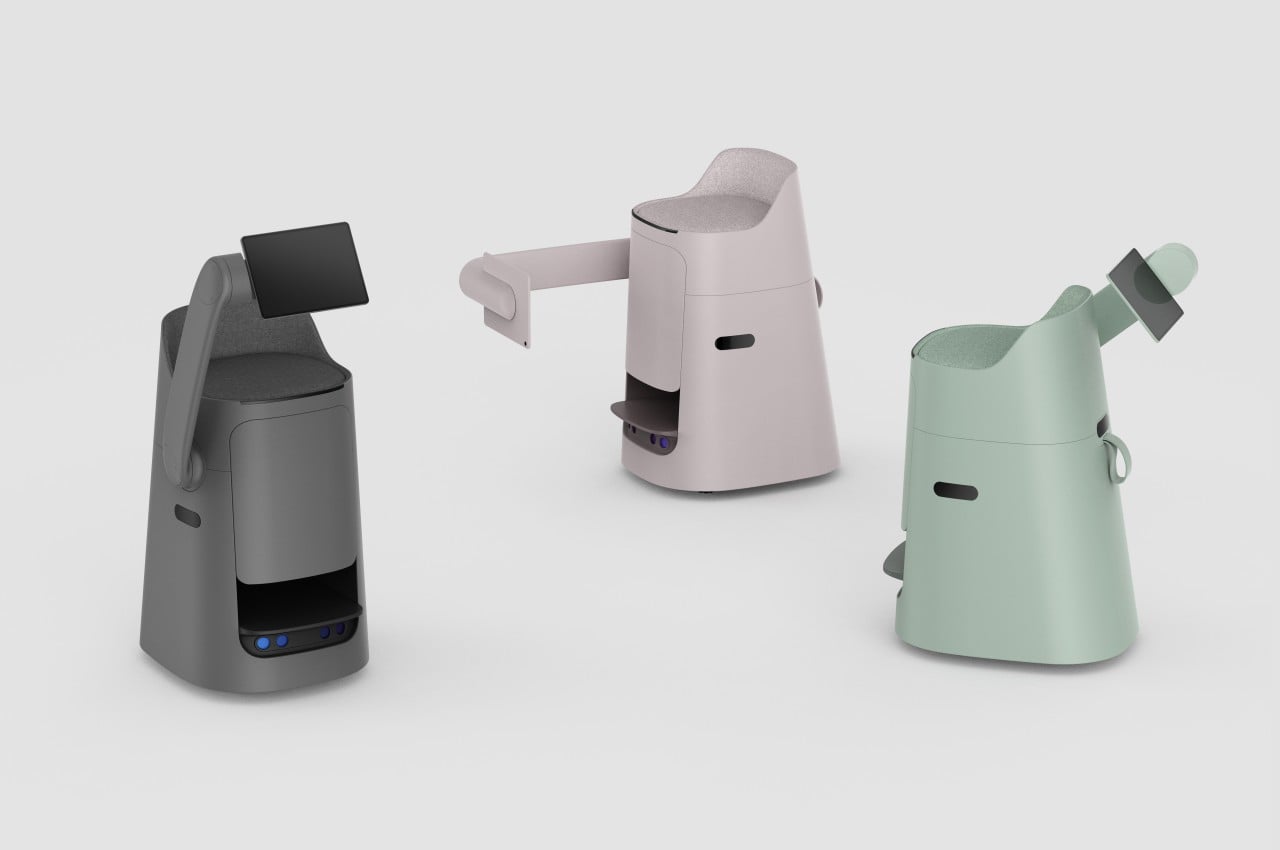
Service robots are becoming more common these days, from cute mobile trays that deliver food to your table to large rolling boxes that carry your luggage for you. These robots definitely serve their purpose, and they’re often designed to look pleasing or even friendly, but lack a certain element of interaction that will help put humans more at ease with these mechanical assistants. Some designs try to put a figurative human face on these robots, without much effect, while others try to focus on usability and functionality instead. This concept design, however, goes back to the drawing board to determine the best form that a service robot could take. It turns out, we’ve been sitting on the answer all this time, literally.
Designer: Yunsoo Choi
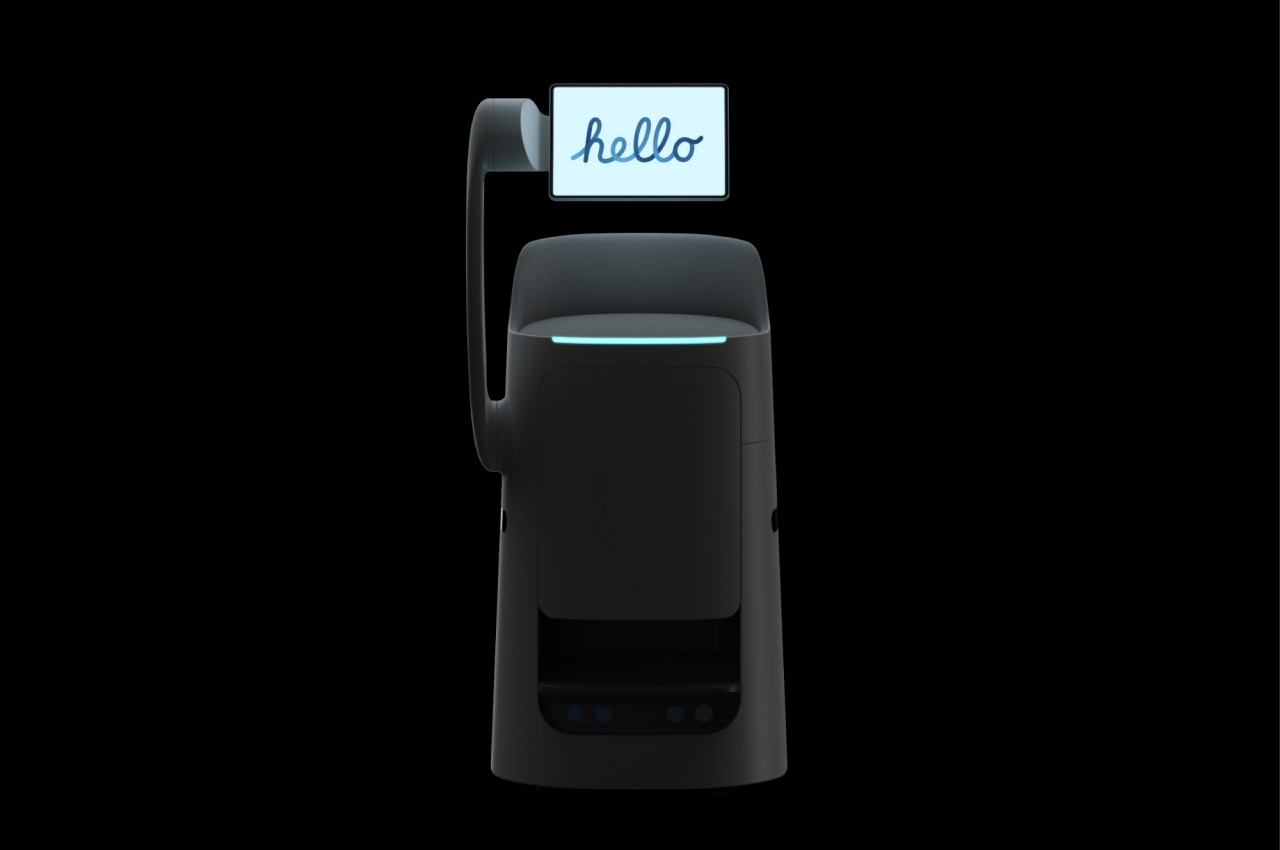
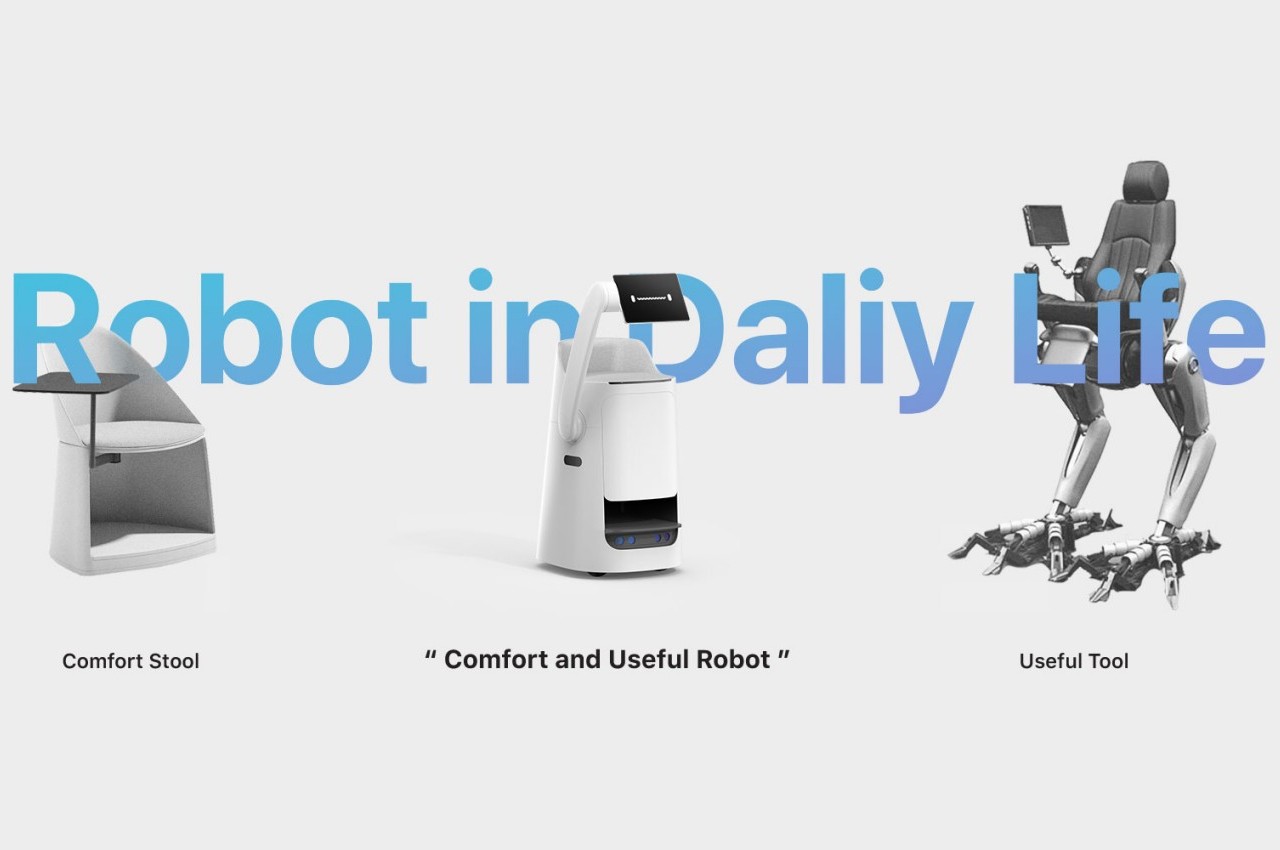
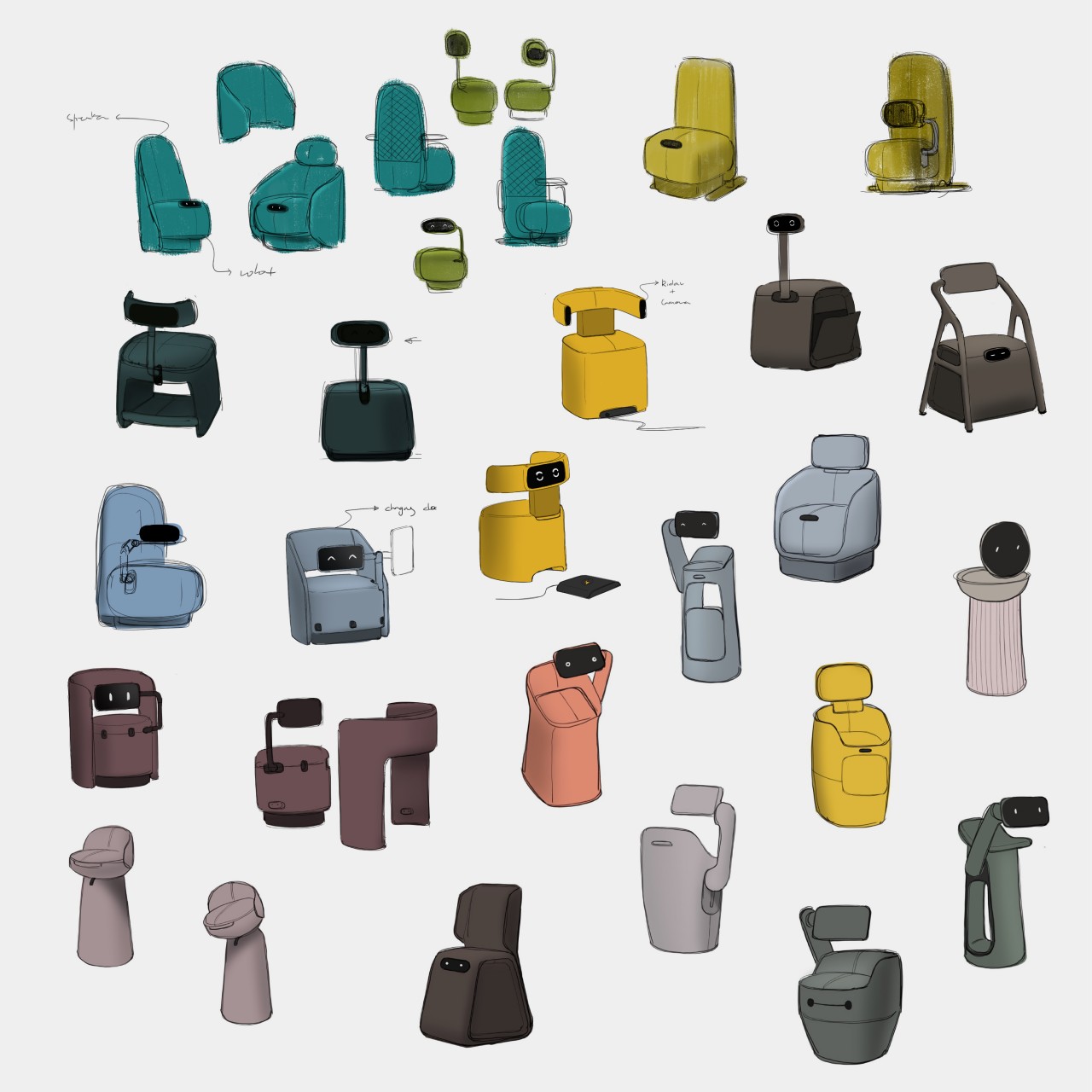
For all the drama about how robots will be replacing humans in the future, there are already certain industries where service robots have indeed taken the place of flesh and blood workers, particularly in the hospitality industry. That said, most are only capable of performing very menial and mechanical tasks, far removed from the human-like androids of our imaginations and science fiction. More importantly, these robots feel as distant and as detached from our lives as the bags they carry. They lack the interactivity and personal connection that would make them indispensable parts of our lives.
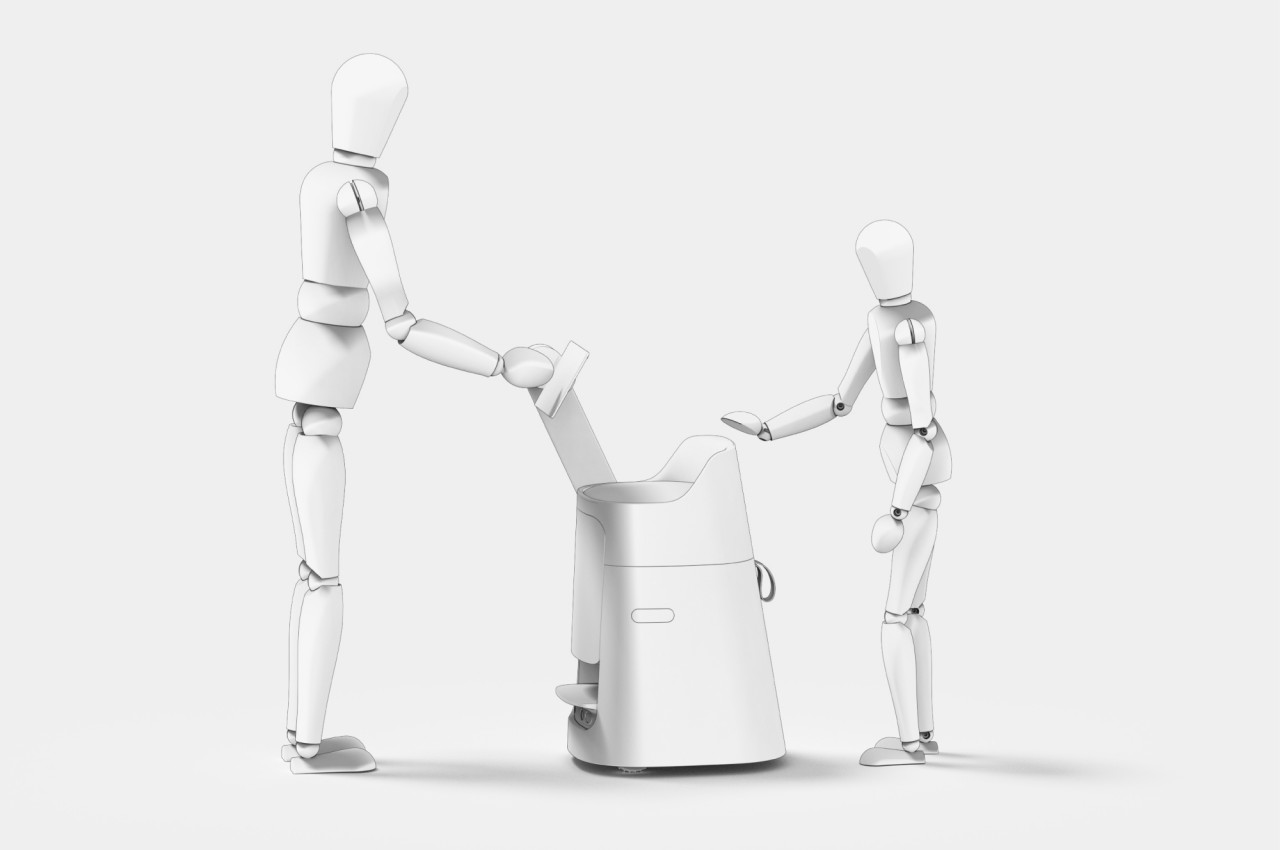
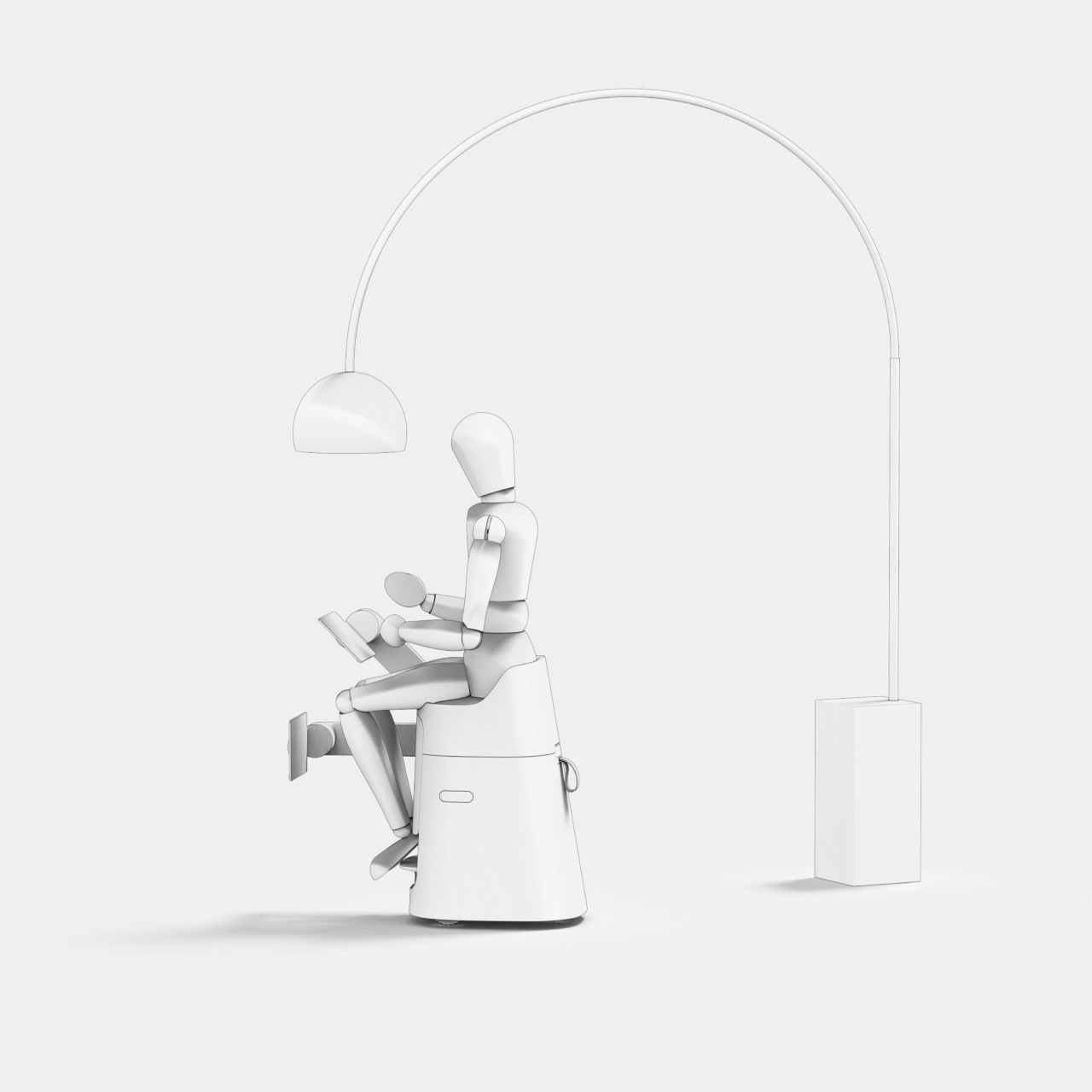
This concept design for a service robot tries to provide that kind of interaction by turning the robot into something more than just that. It uses the chair as the inspiration for its design, a functional object that also provides comfort as well as a point of human interaction. But the robot does more than offer a comfortable place to sit on; it also creates a small bubble that becomes a tiny personal office space, at least if you’re the type that can do their job on a tablet.
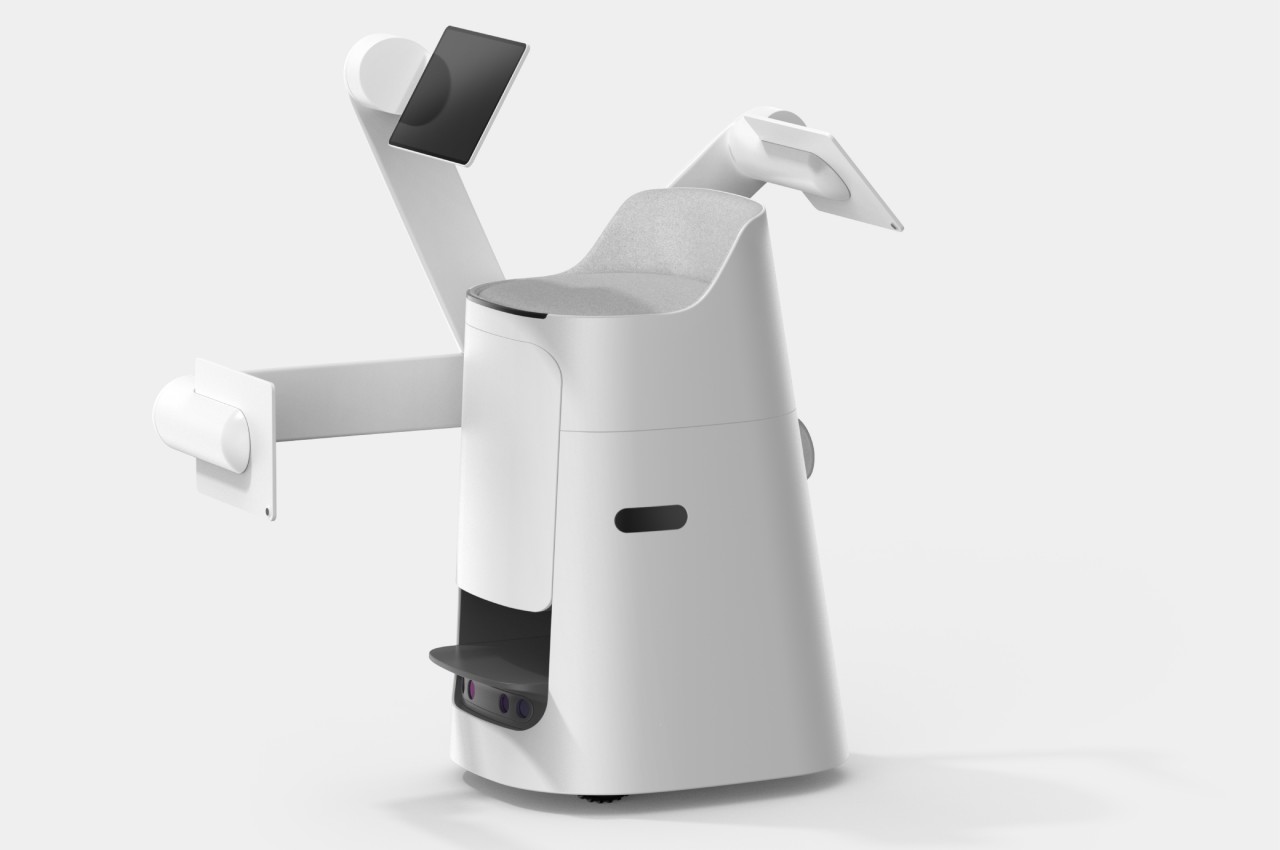
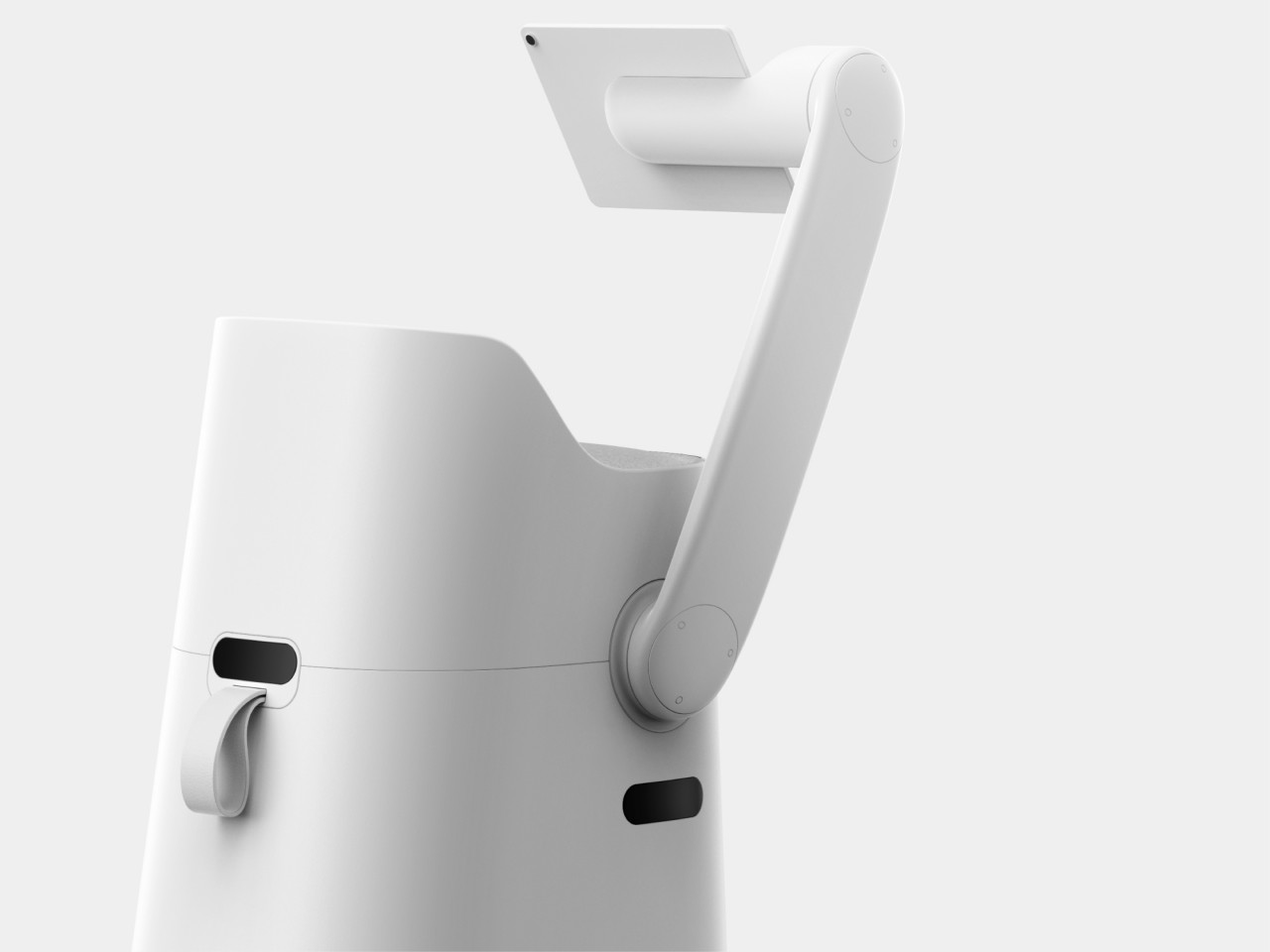
That’s because this tablet is what triggers the transformation between a chair and a robot. It acts like the brain of the machine, though it’s also the robot’s “face” as well as its sole interface. It’s how you can get information, pay for your hotel stay, or order food, basically anything that involves actually requesting service. The tablet magnetically attaches to the robot’s arm and can be positioned at the most comfortable angle or height for use, including while sitting on the robot chair.
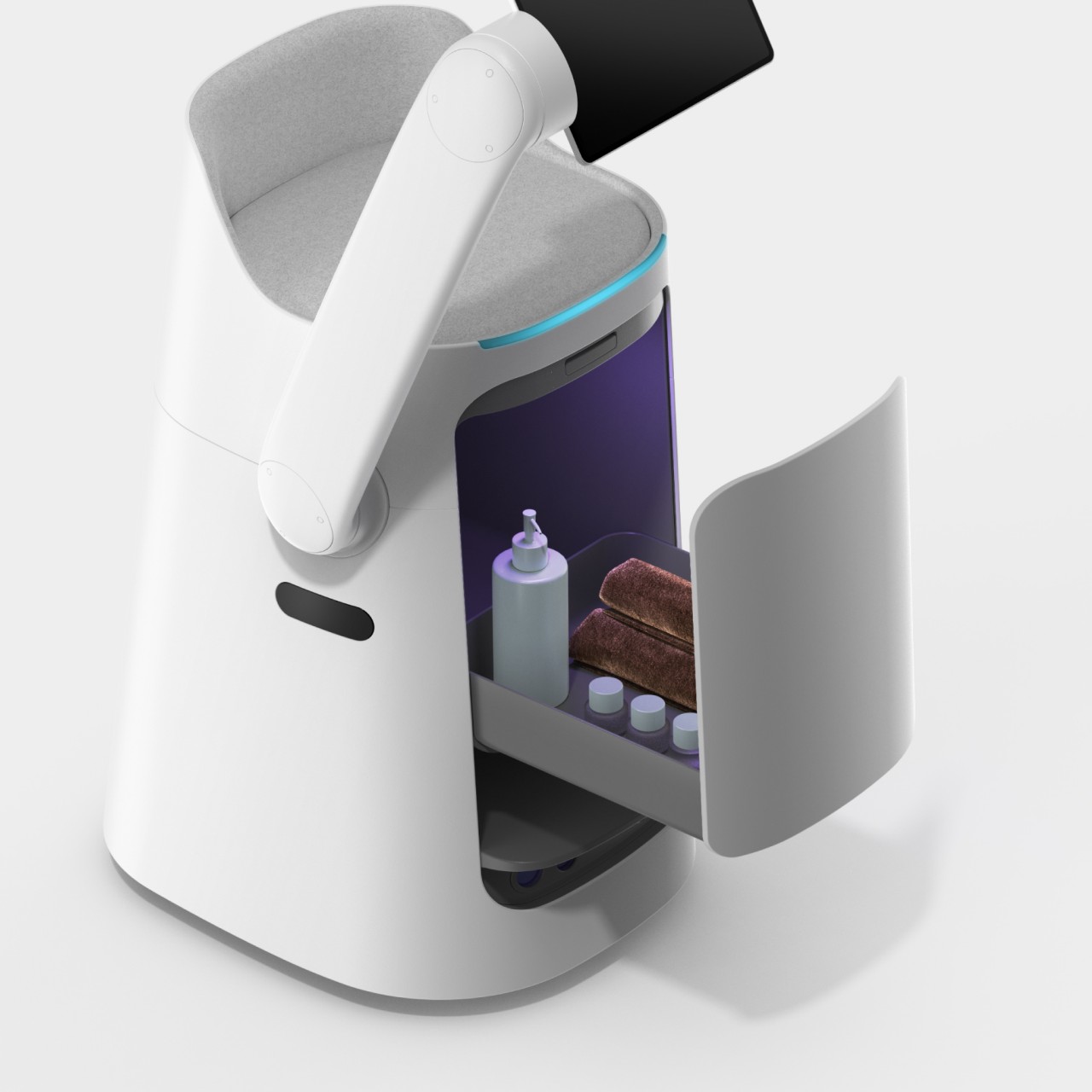
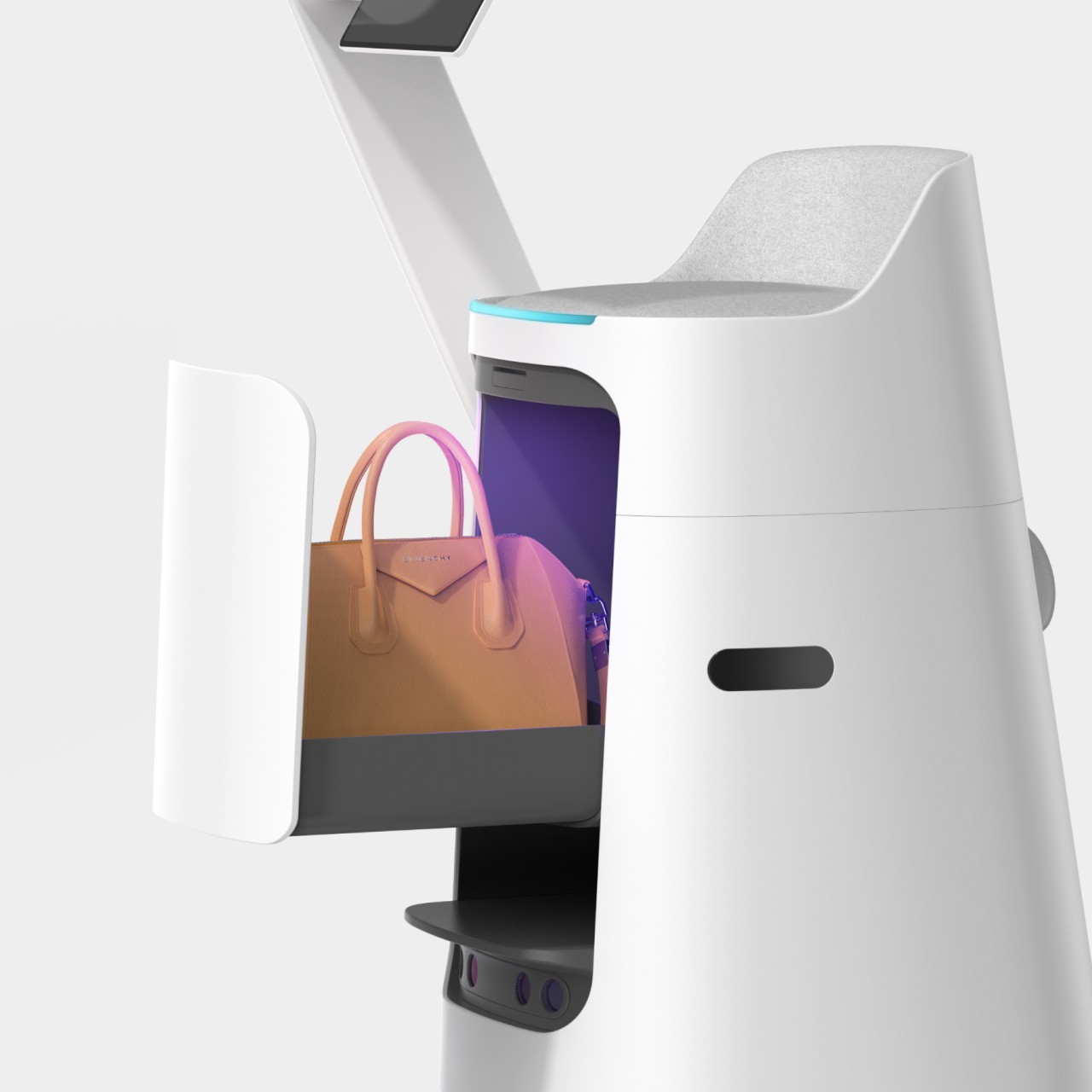
Aside from these, the design also includes the common functions of such a service robot, particularly when it comes to delivering items to customers or keeping their possessions. It can even disinfect these objects using UV light inside its body. But while the idea of a service robot that also functions as a chair sounds interesting on paper, it raises the question of comfort and safety, two factors that are critical for a piece of furniture like a chair. It definitely looks a little too high to sit on comfortably and functions more like a stool than a proper chair. The “office space” is also a bit of a stretch since there’s not much space to get anything done. Still, the idea deserves more exploration and refinement and could spark more designs for service robots that become space-efficient personal offices for the mobile workers of the future.
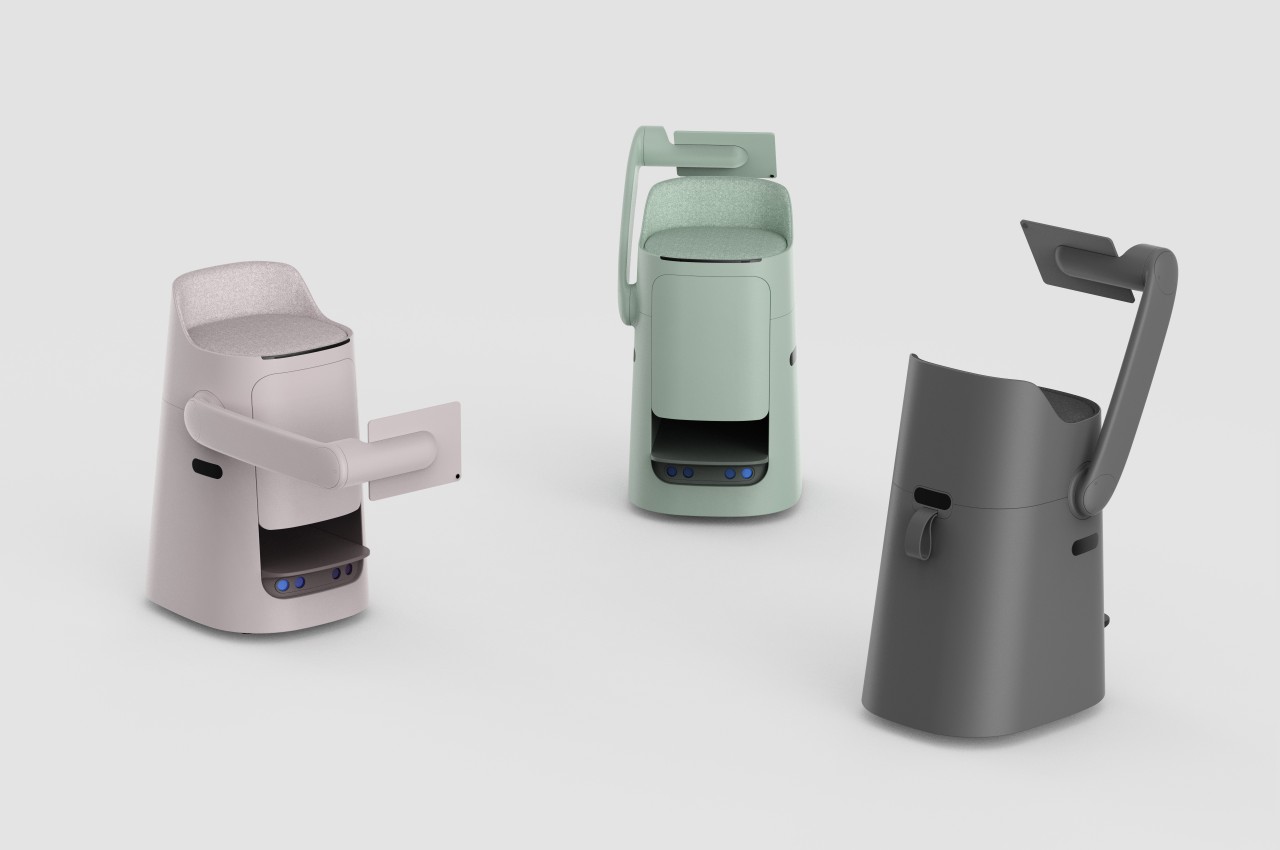
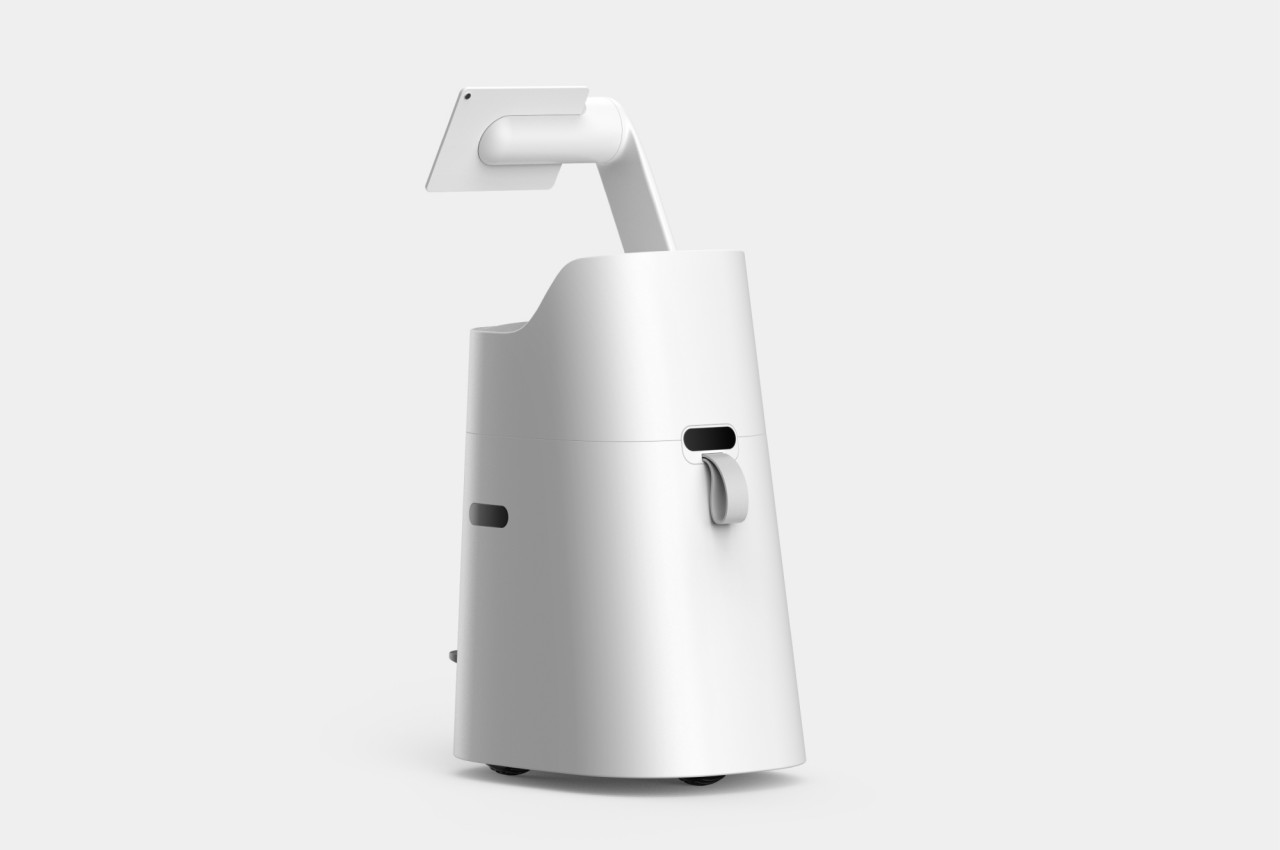
The post Service robot concept doubles as a chair and a tiny private office first appeared on Yanko Design.
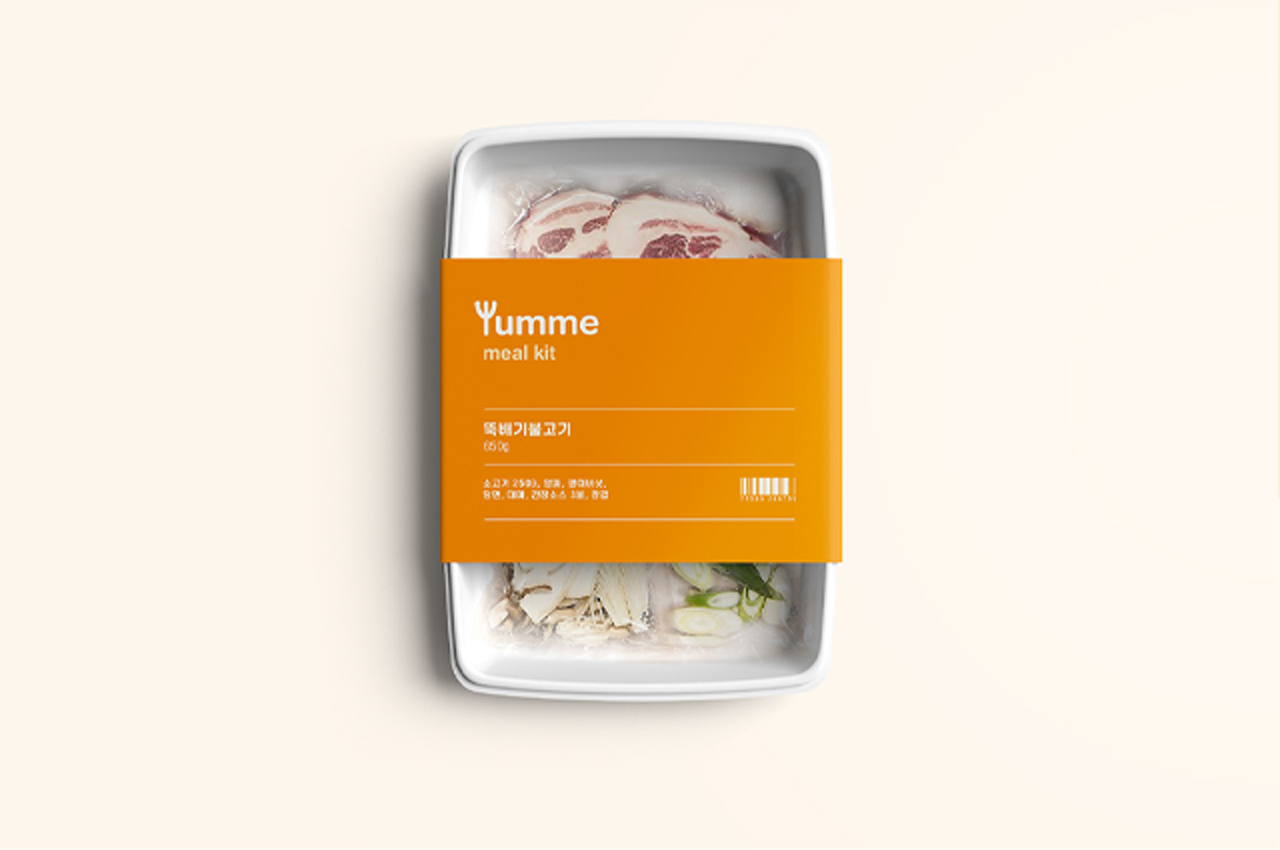
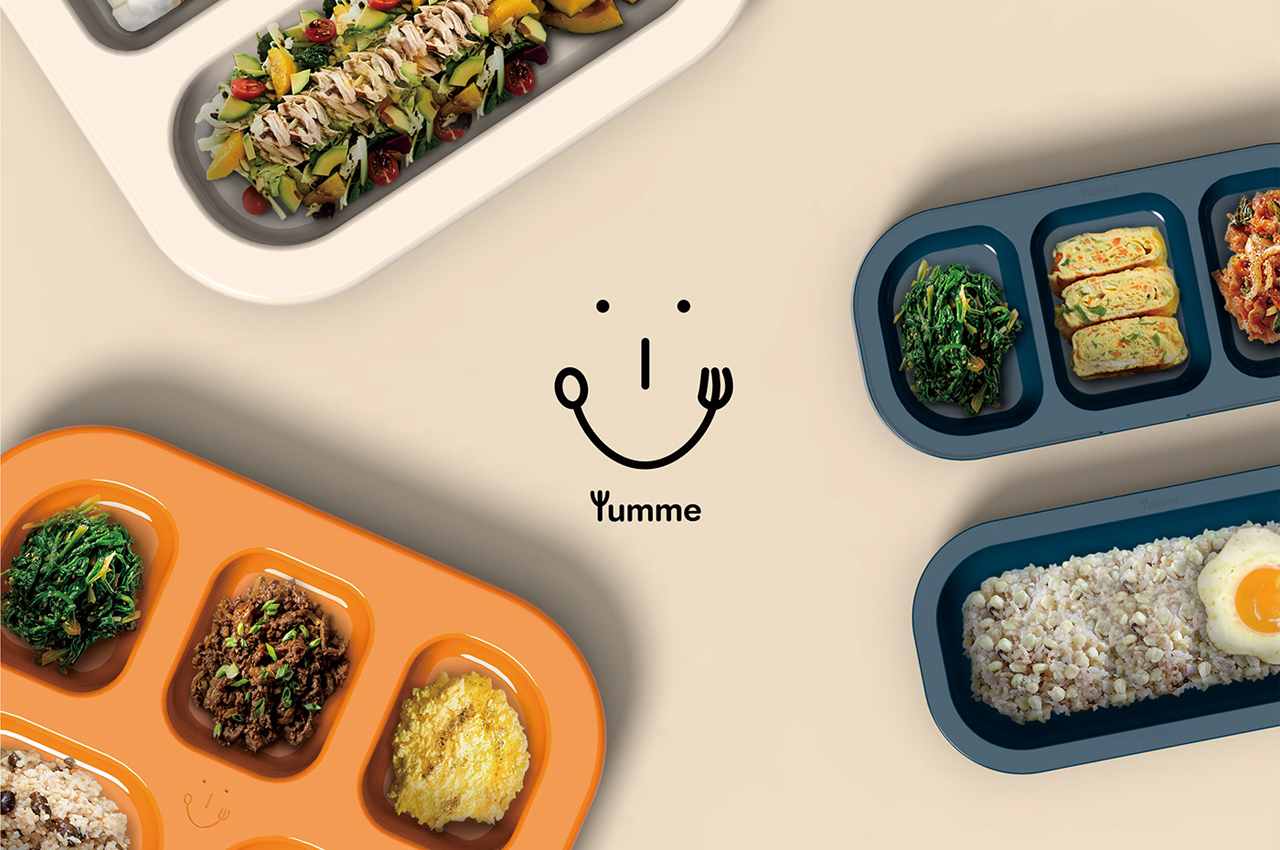
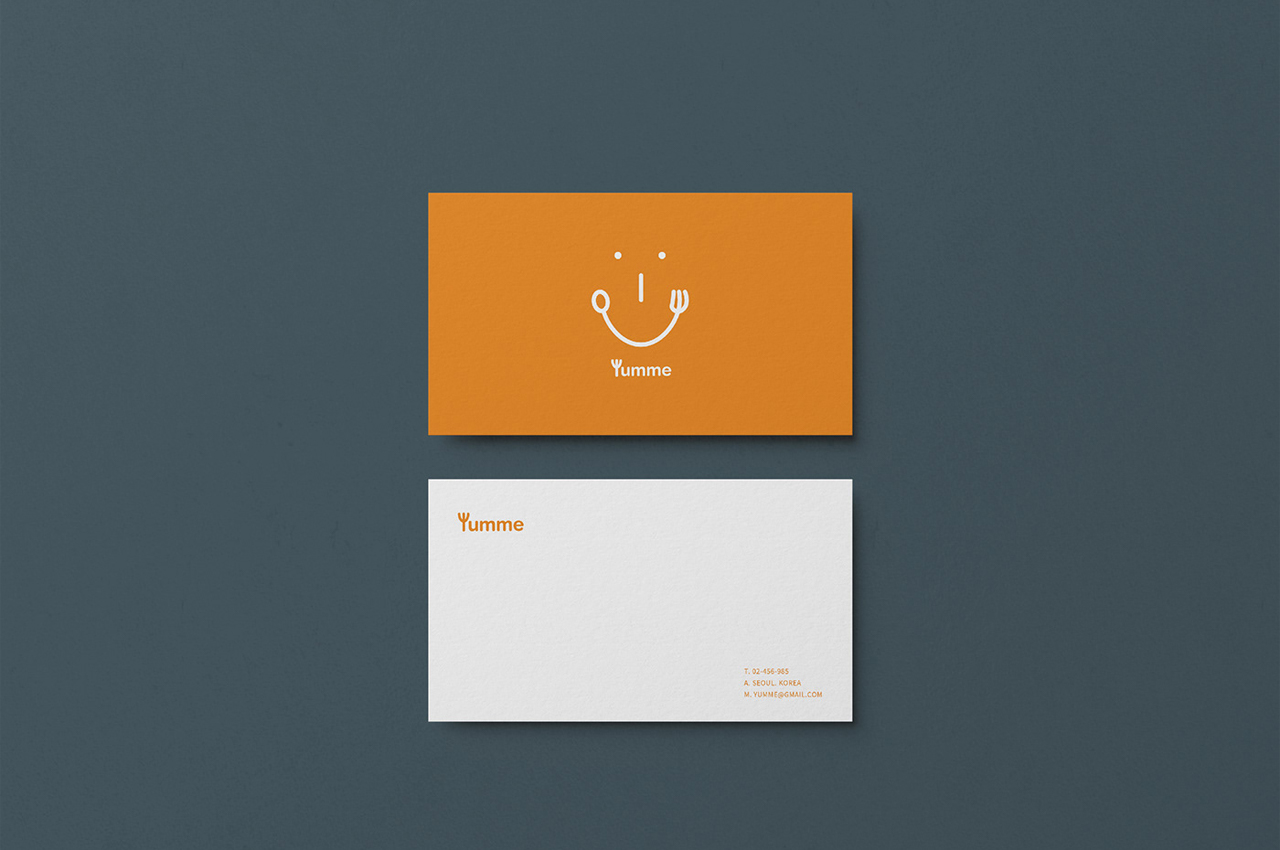
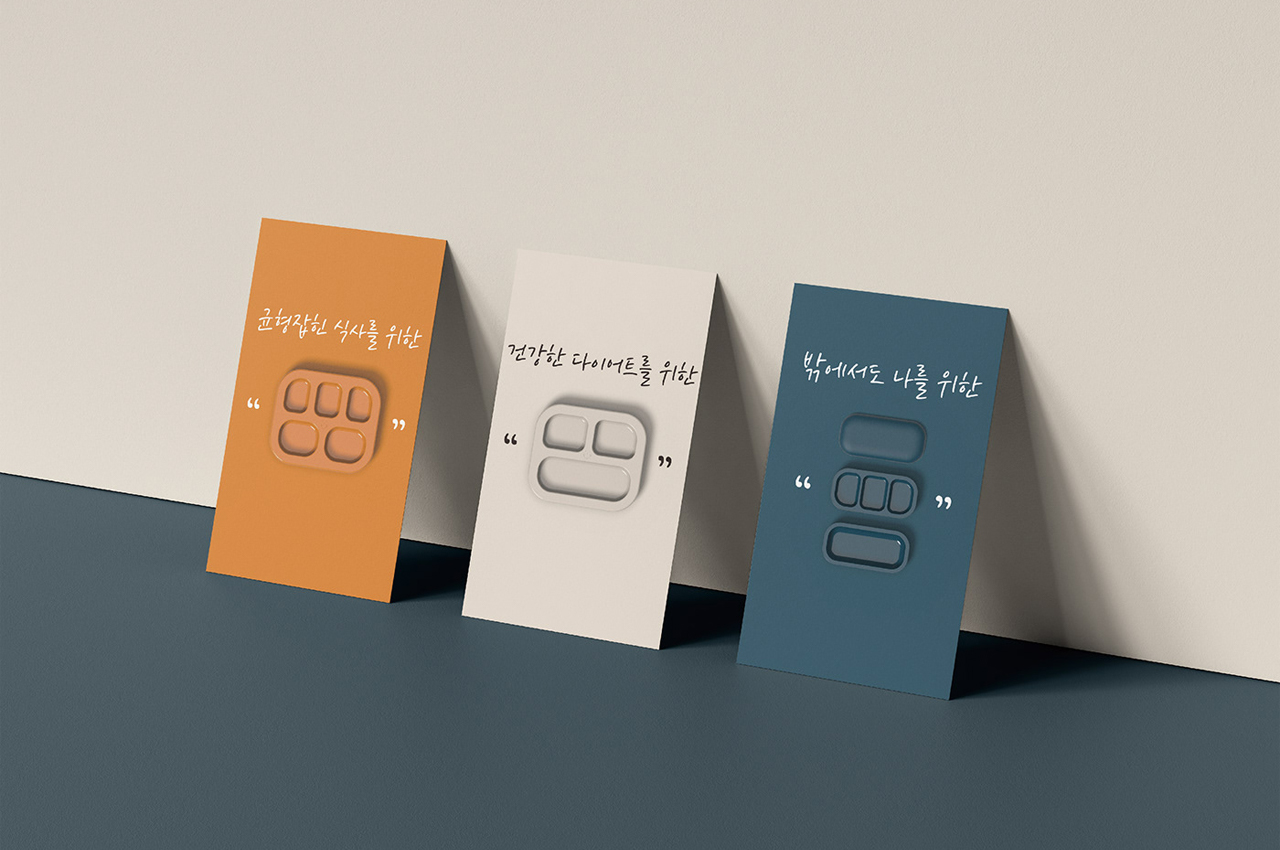
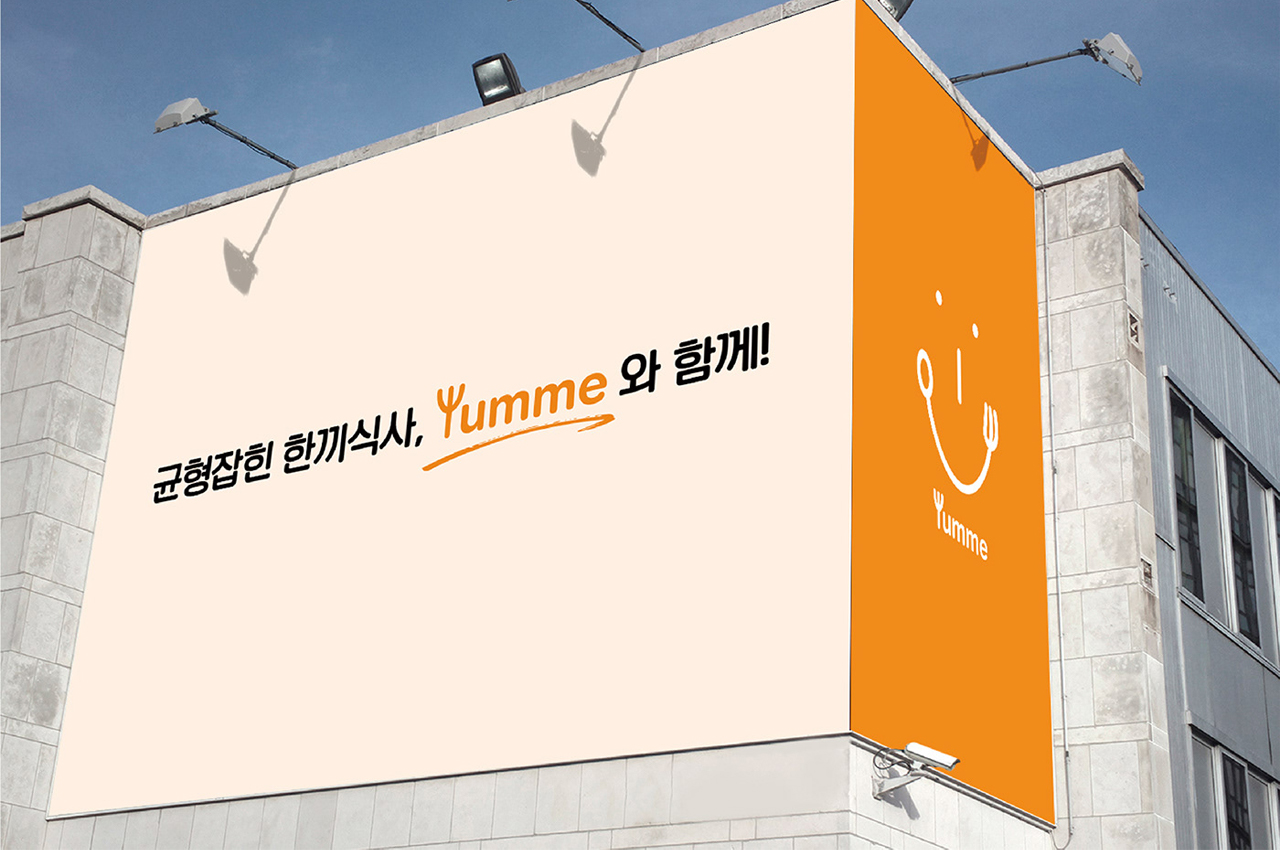
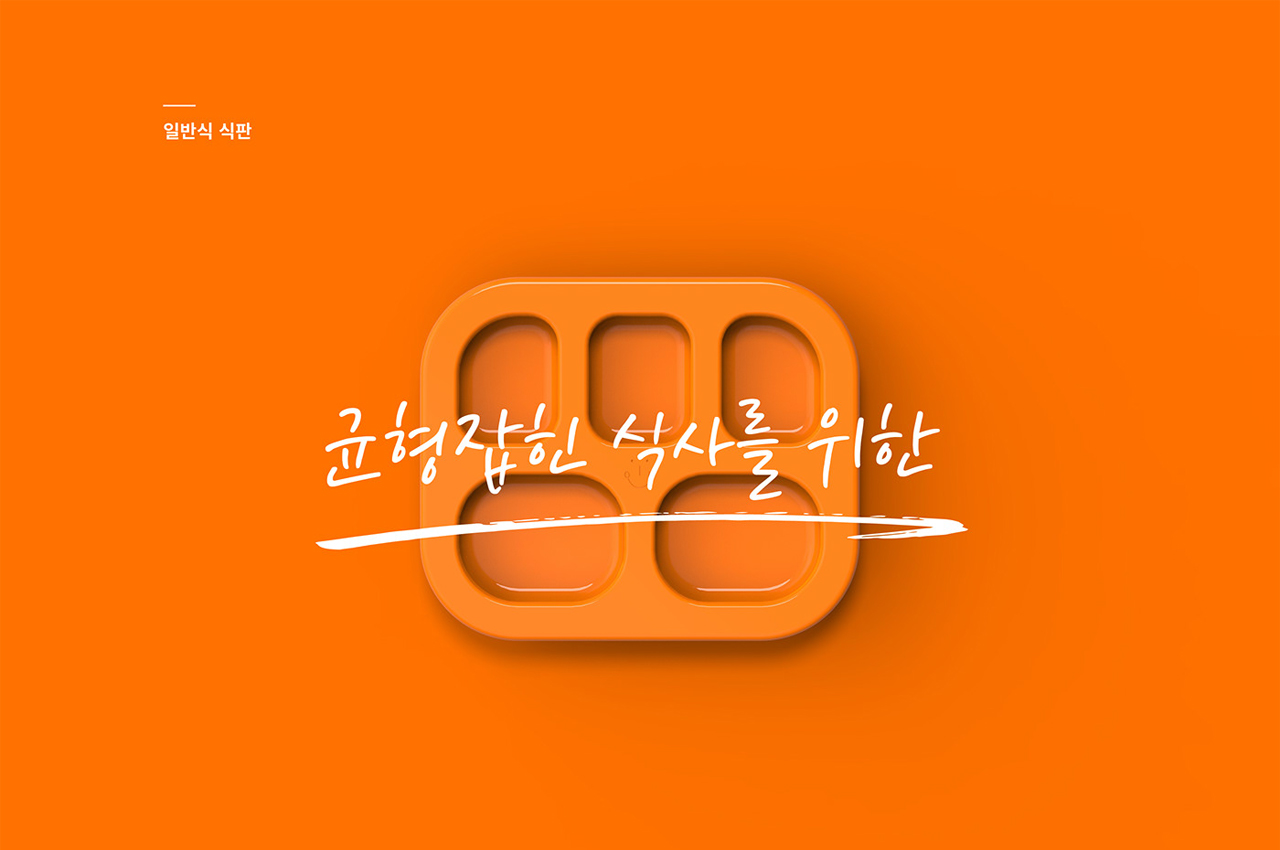
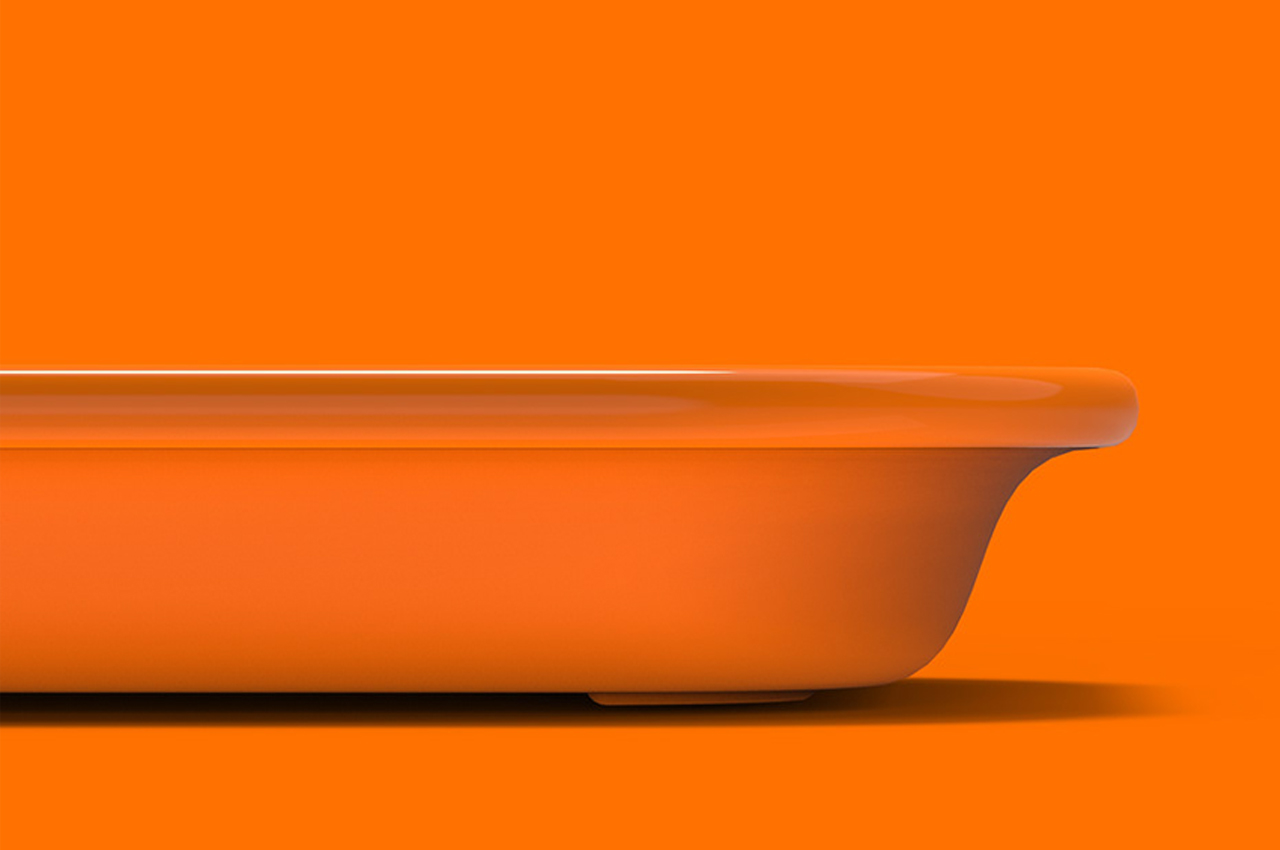
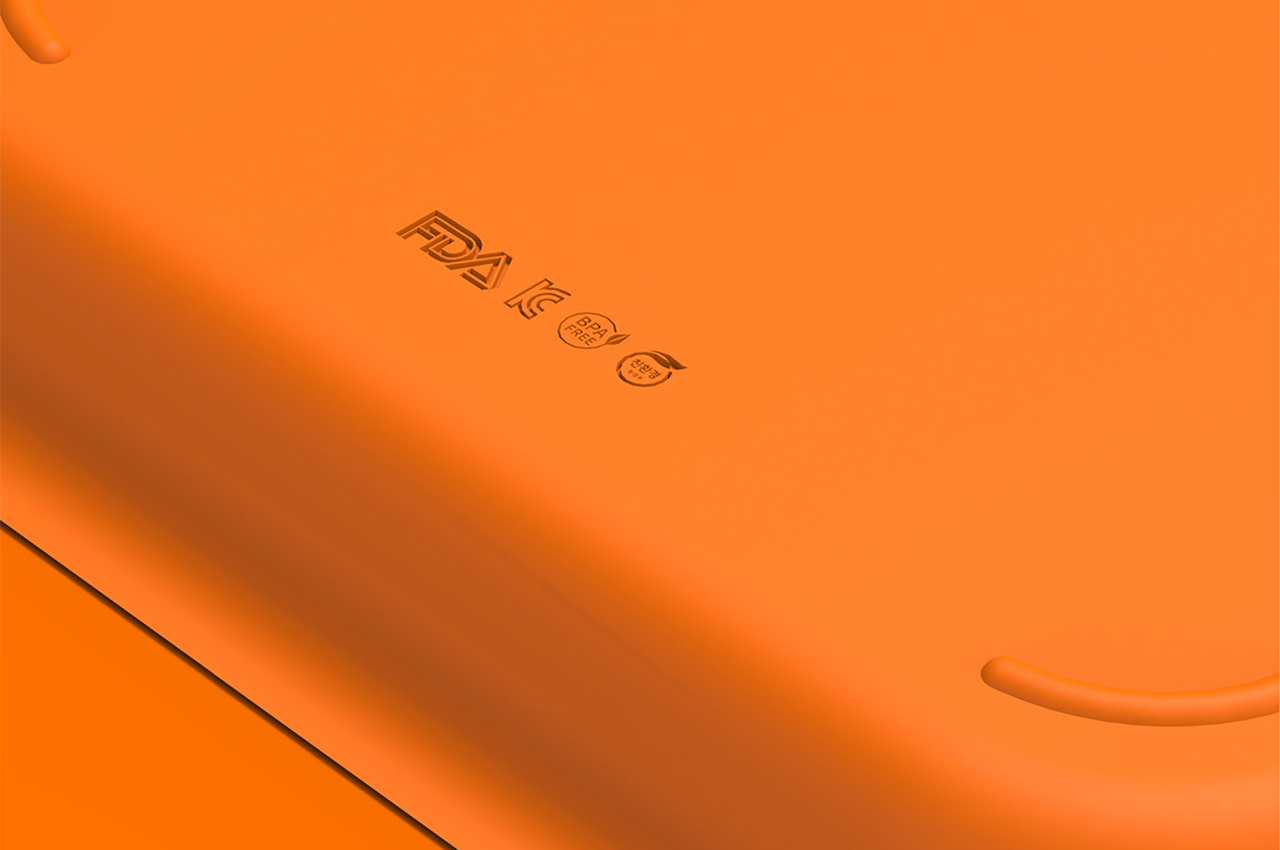
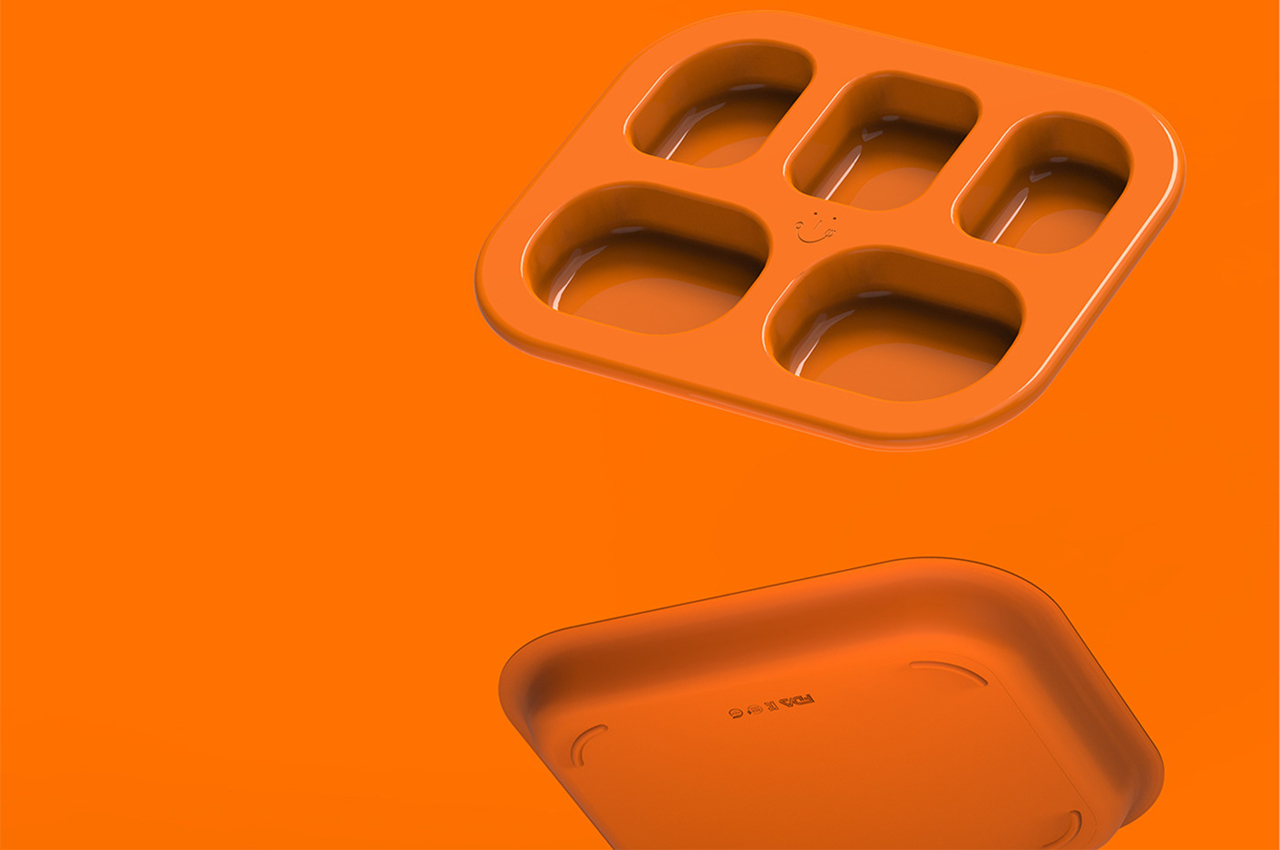
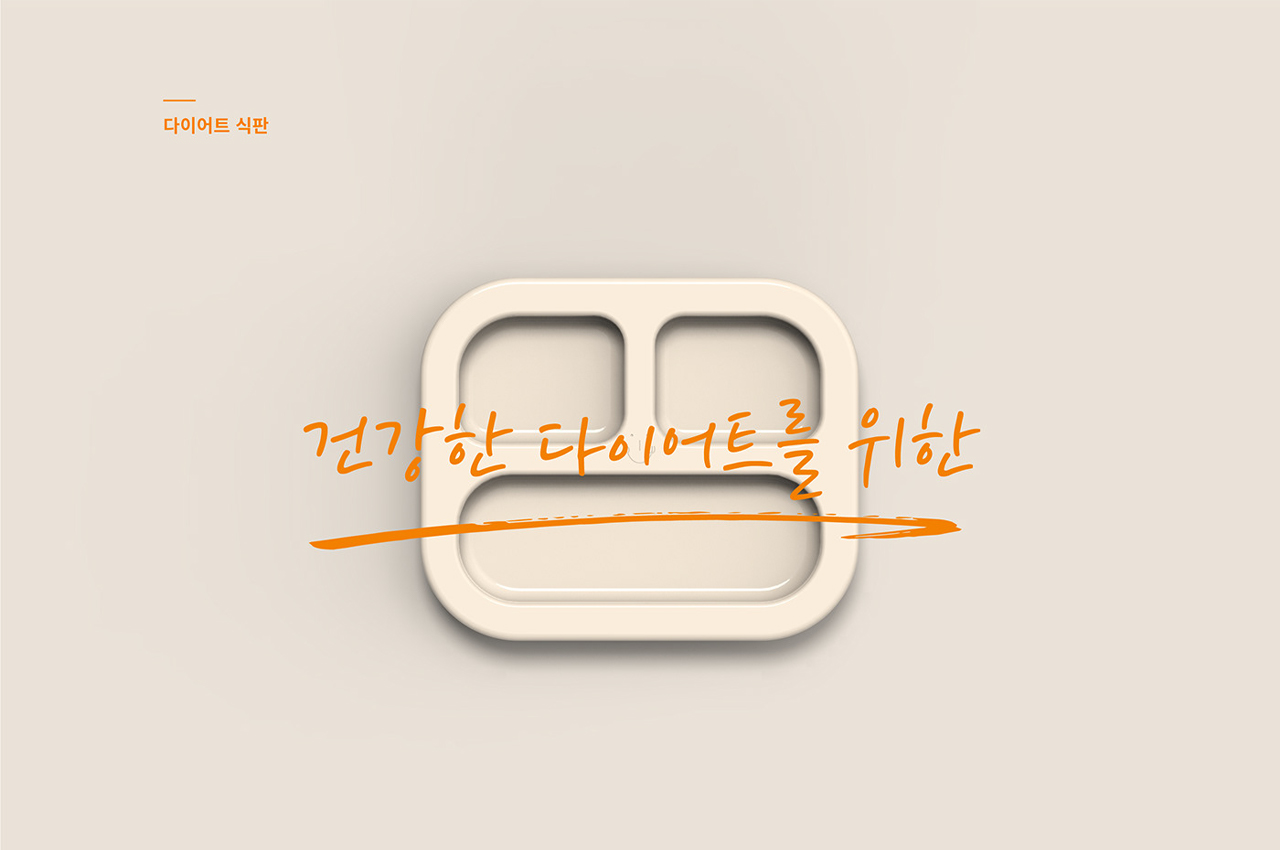
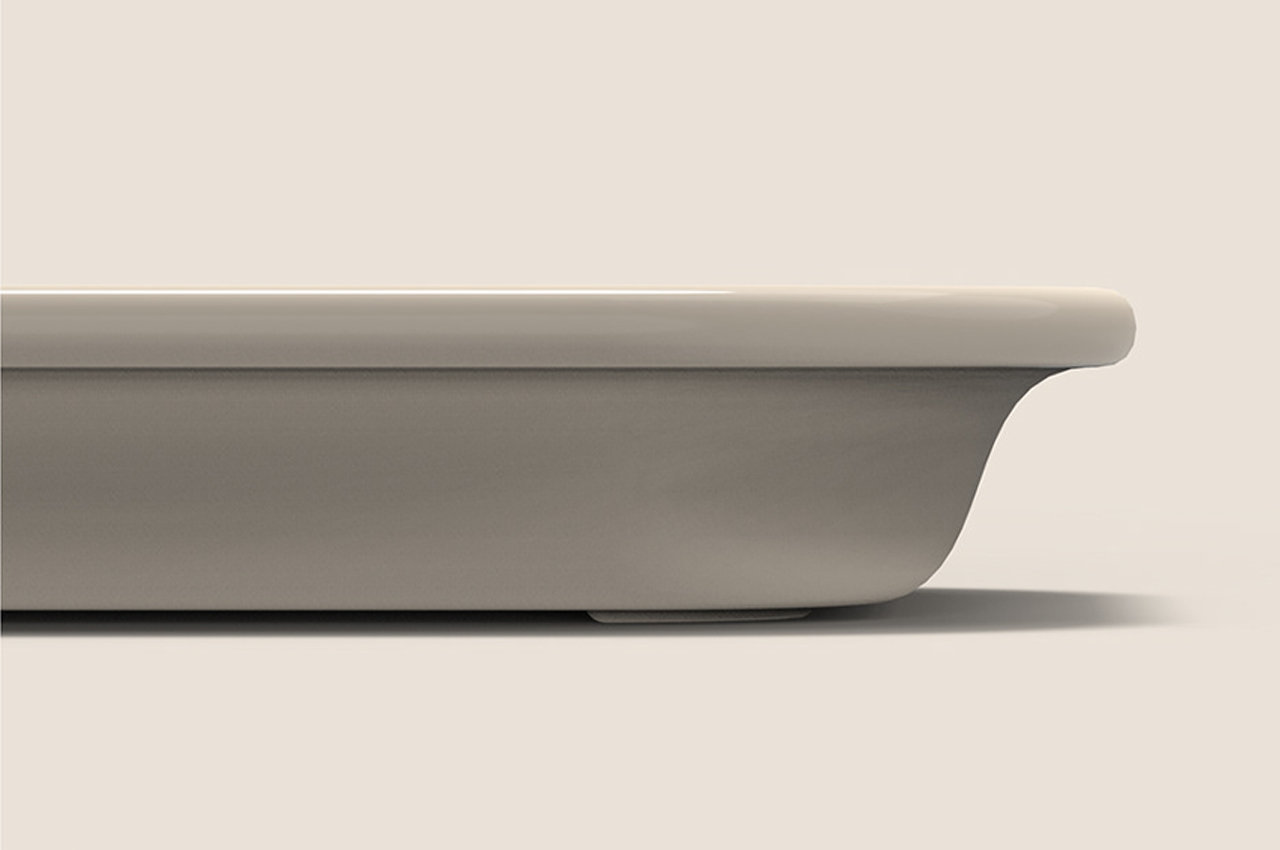
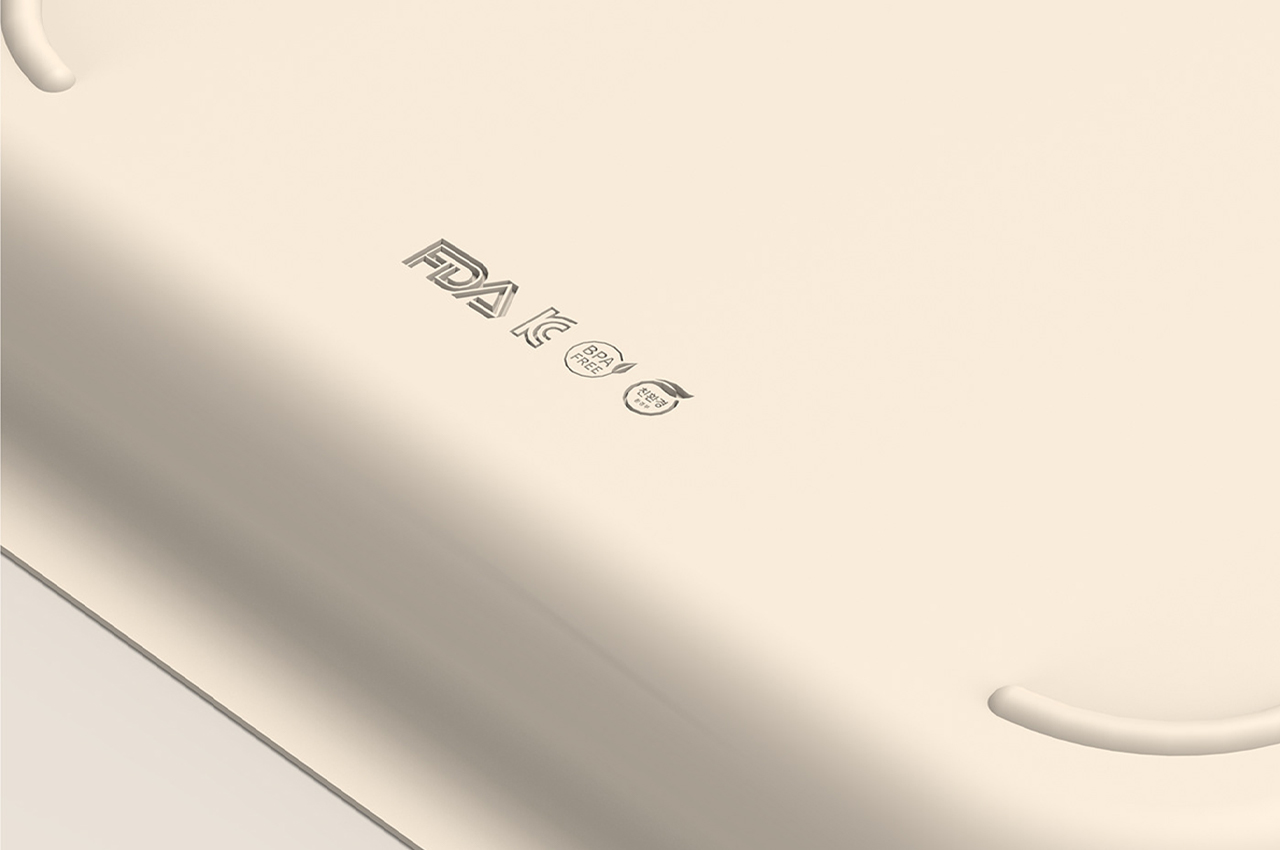
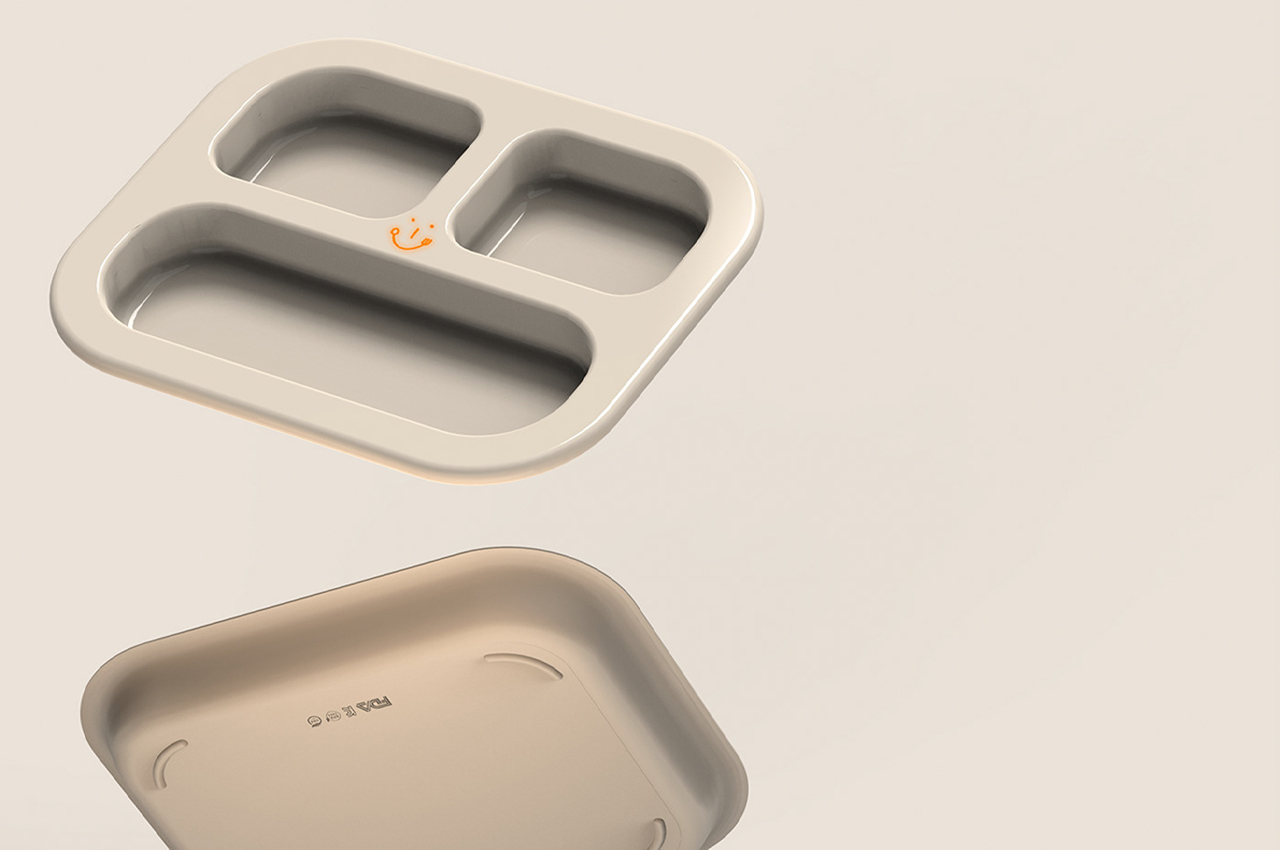
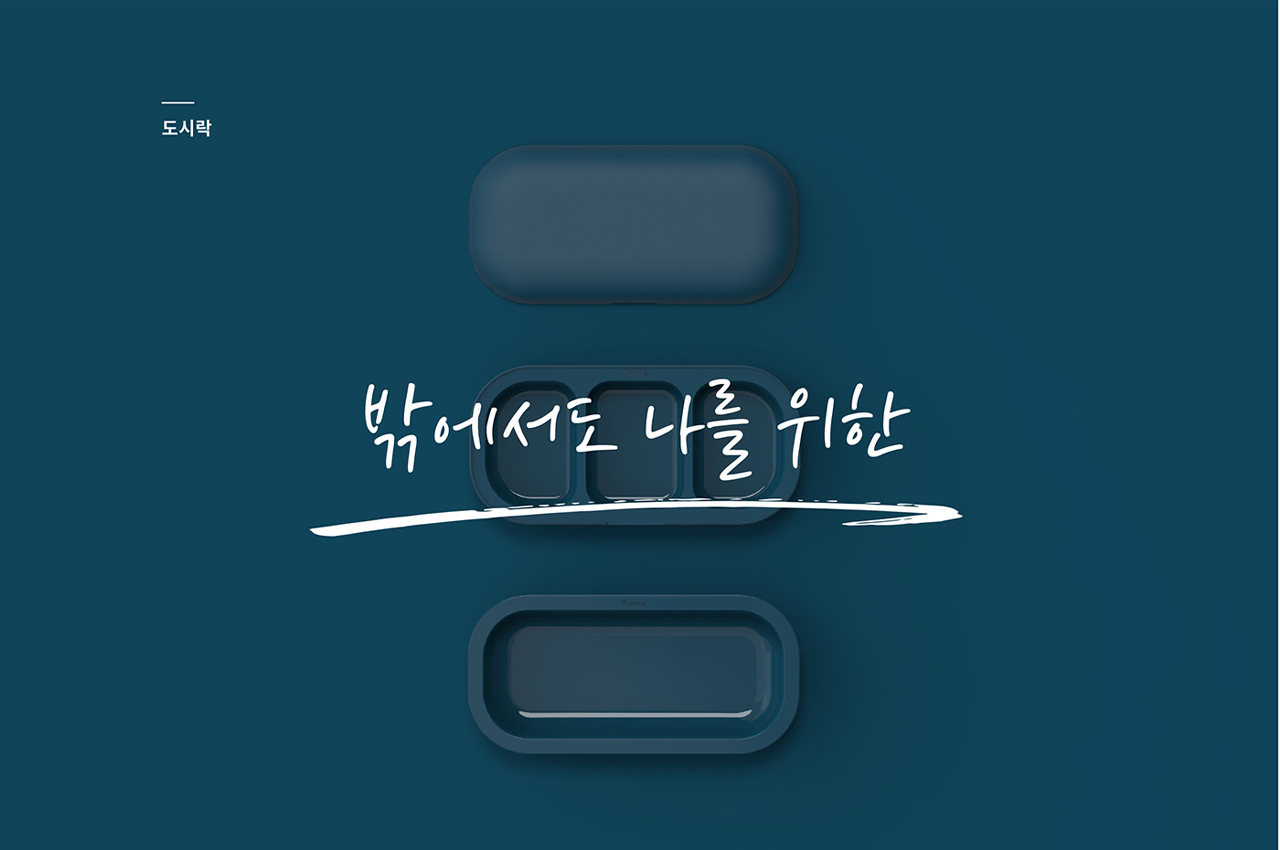
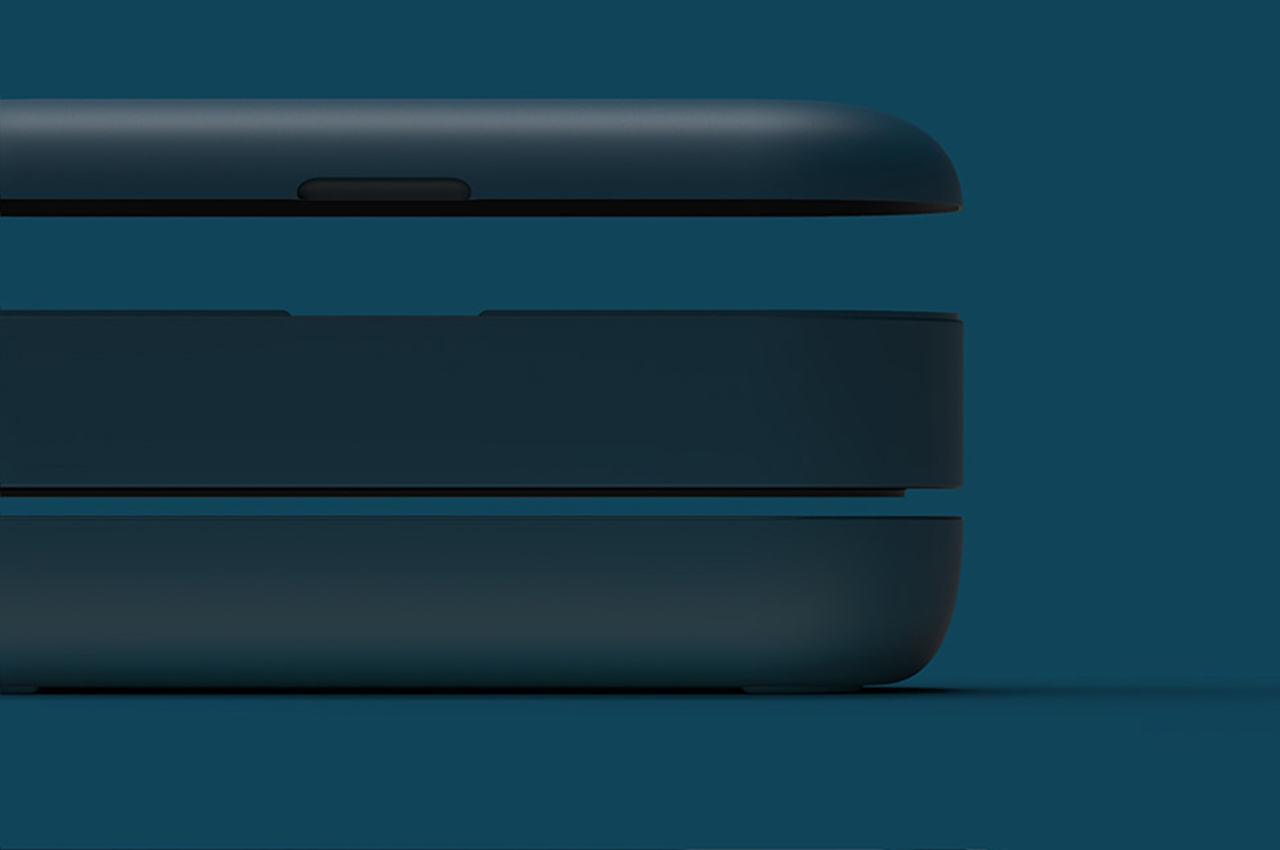
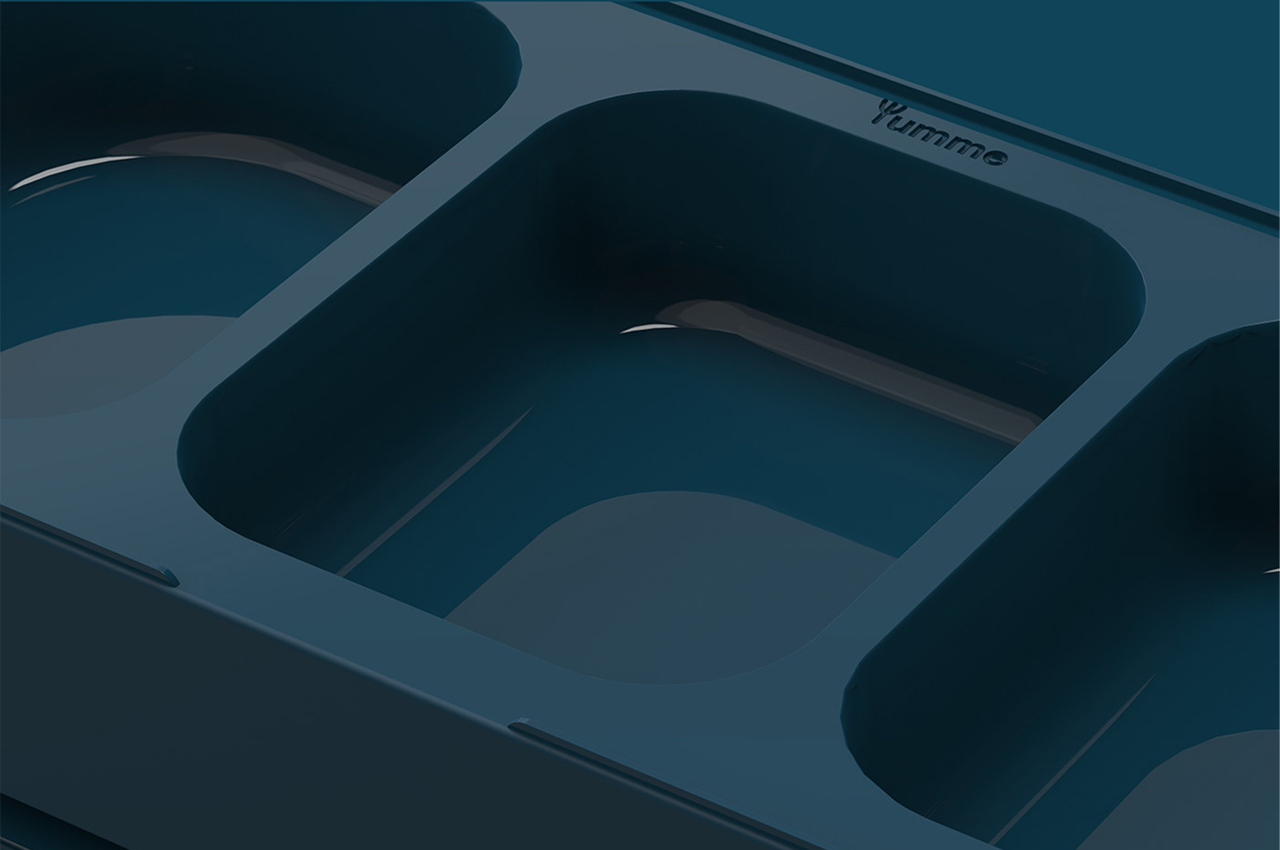
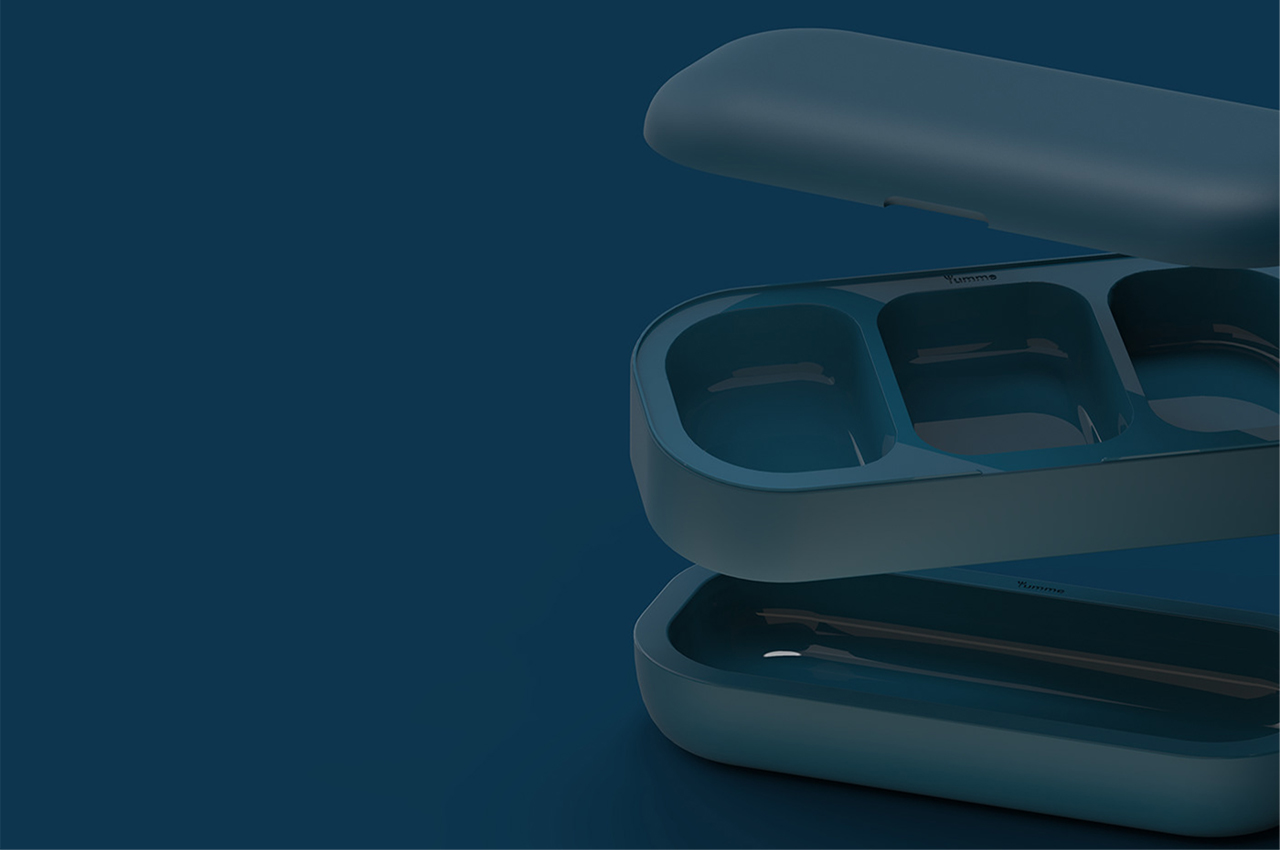 Each food tray’s top lid is built from Tritan BPA plastics to ensure heat resistance and easy cleaning.
Each food tray’s top lid is built from Tritan BPA plastics to ensure heat resistance and easy cleaning. 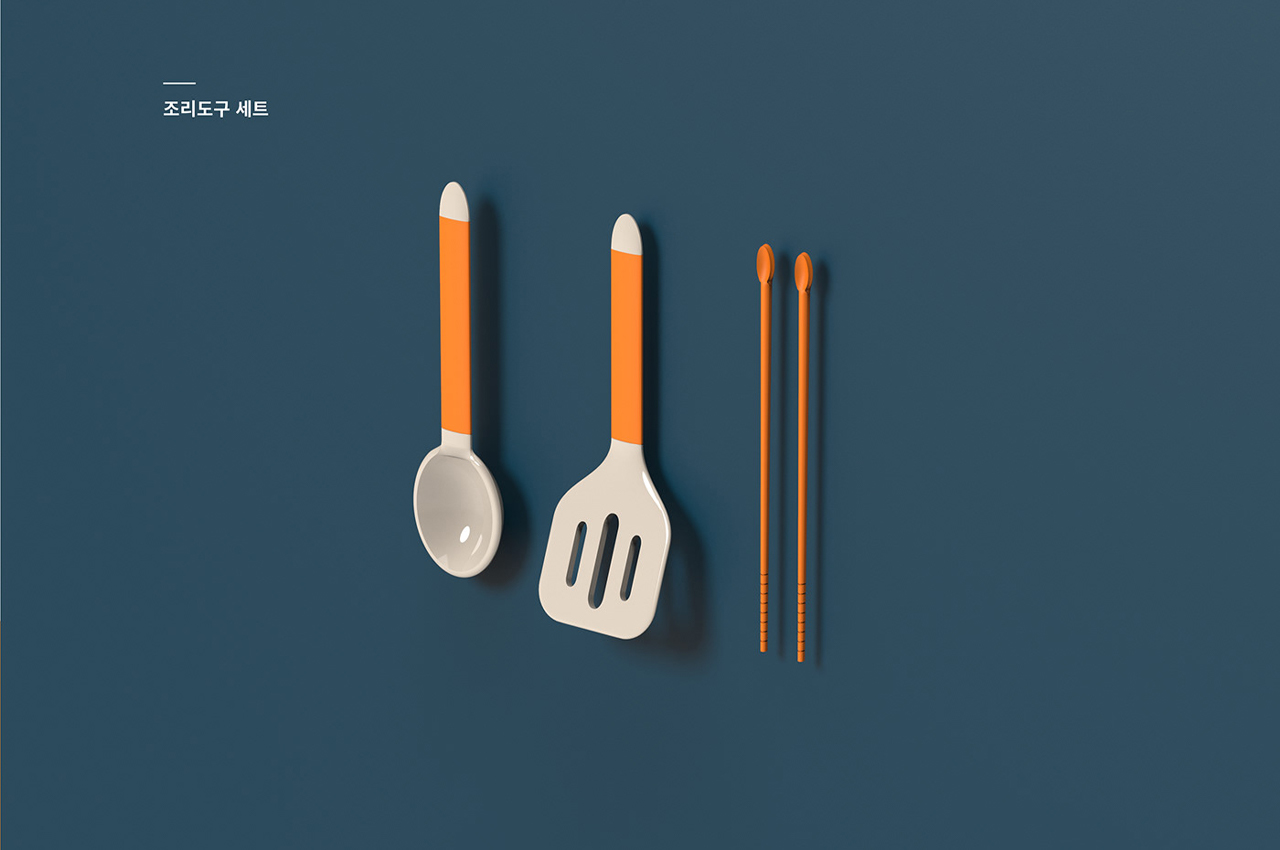
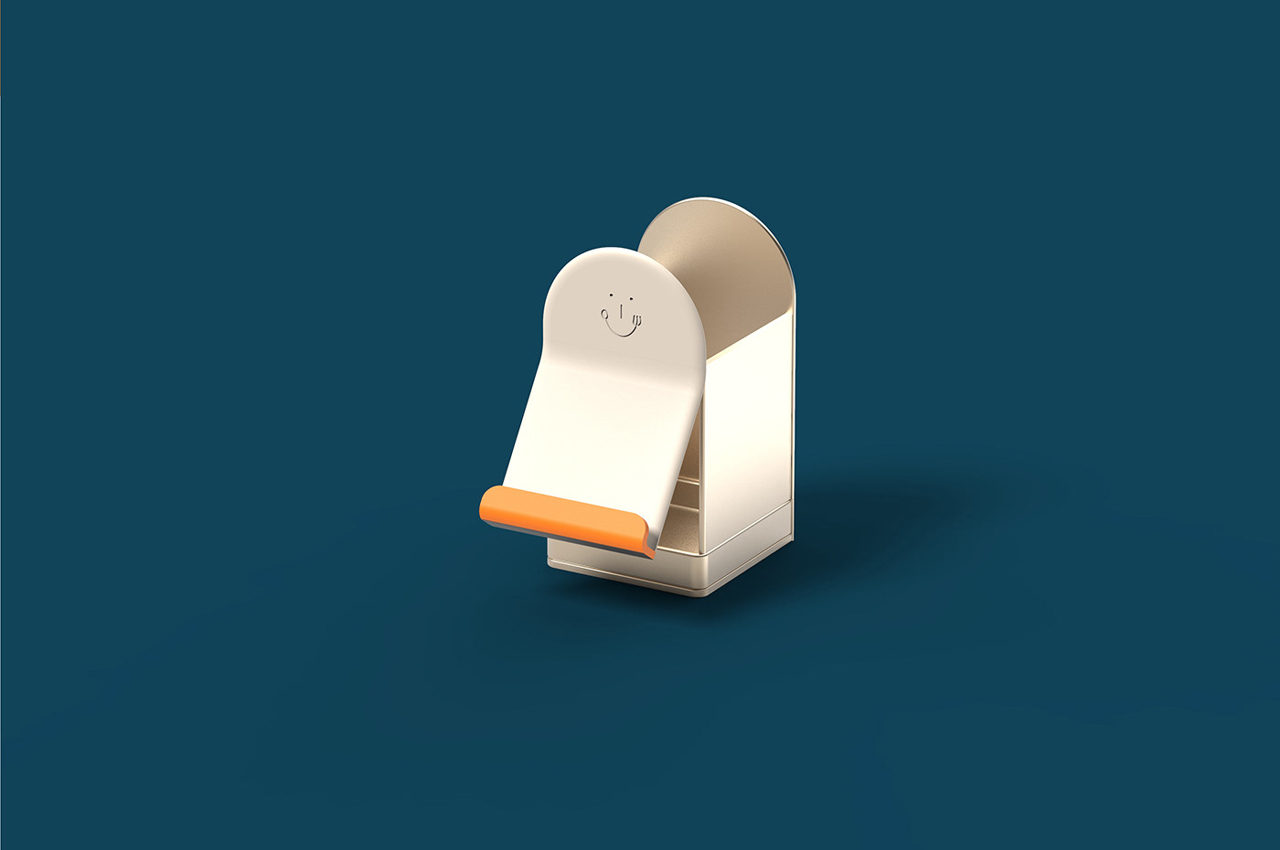 Utensils and an accompanying carrying case make bringing food on the go as easy as making it with Yumme.
Utensils and an accompanying carrying case make bringing food on the go as easy as making it with Yumme.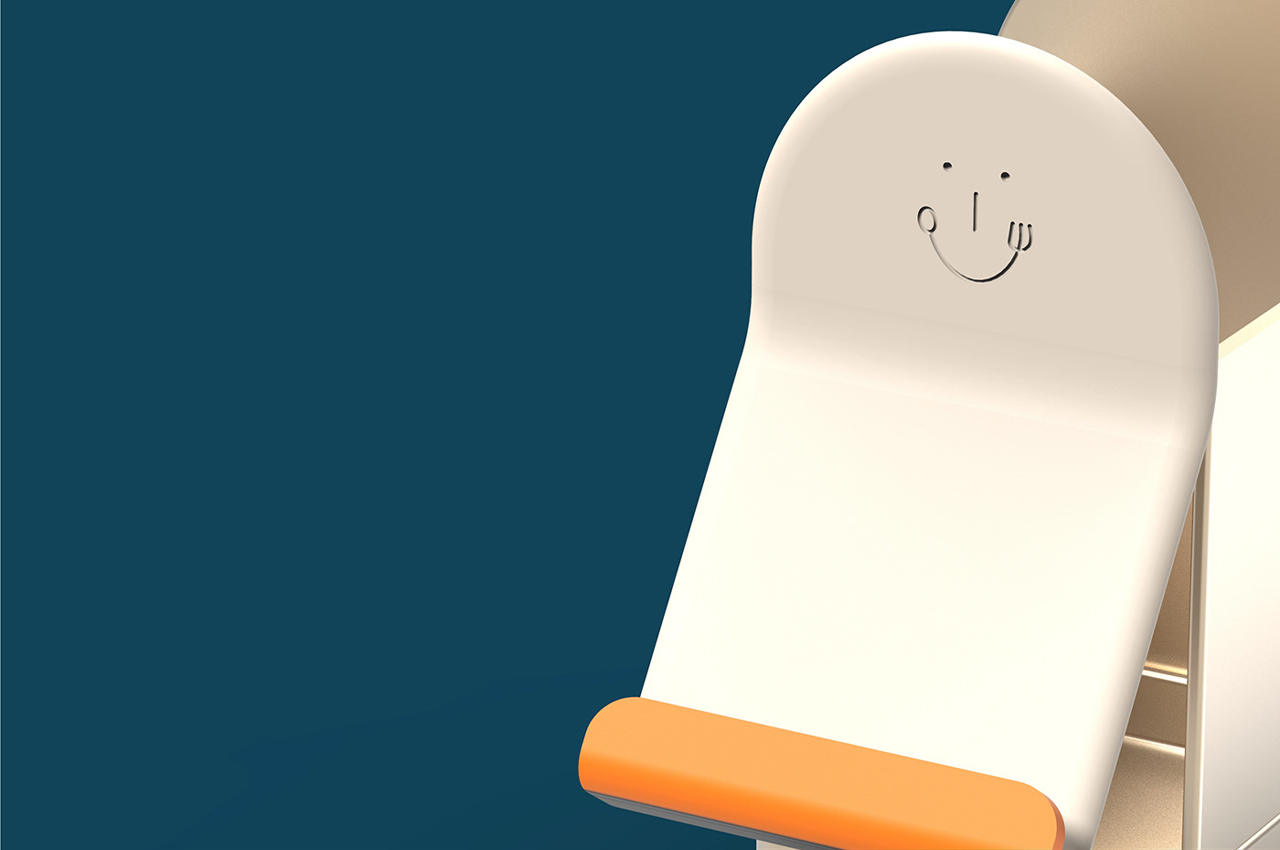
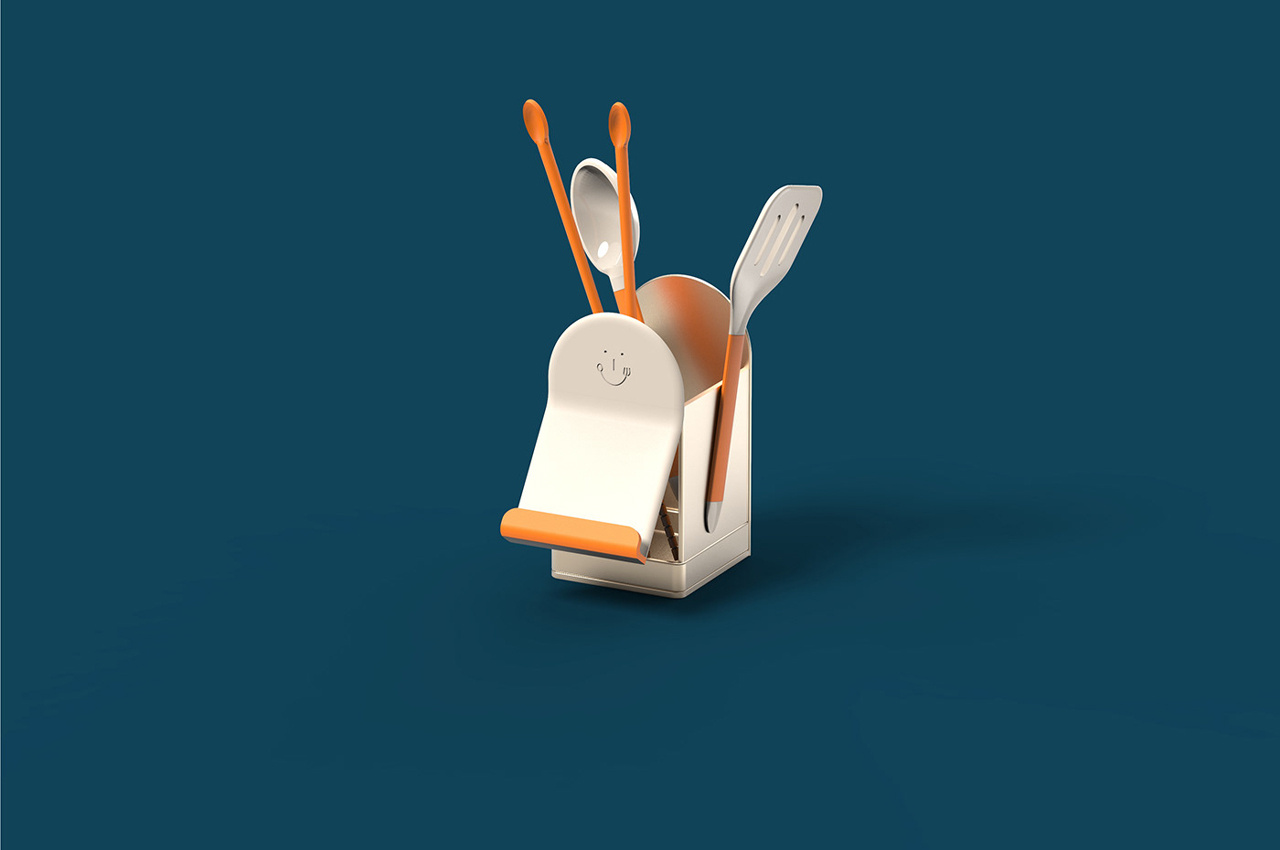
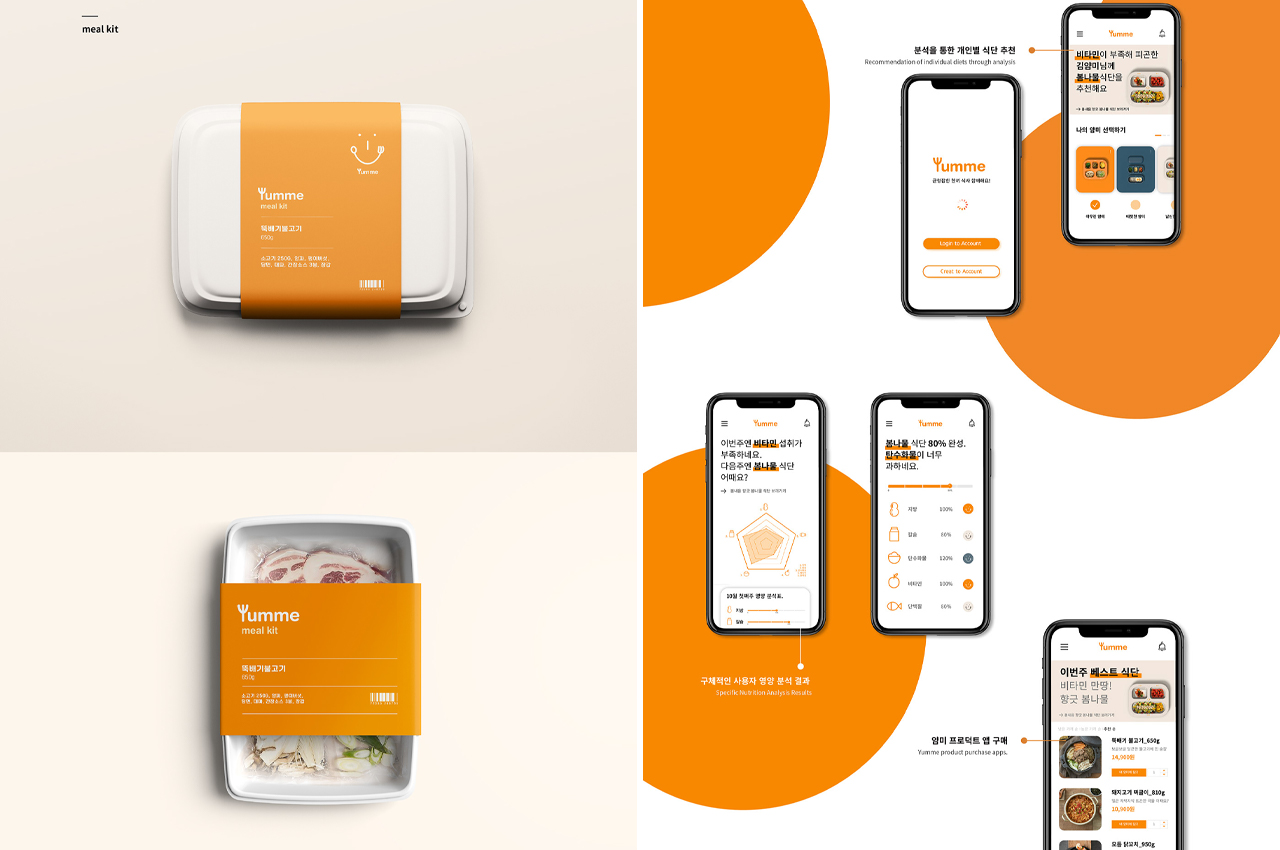
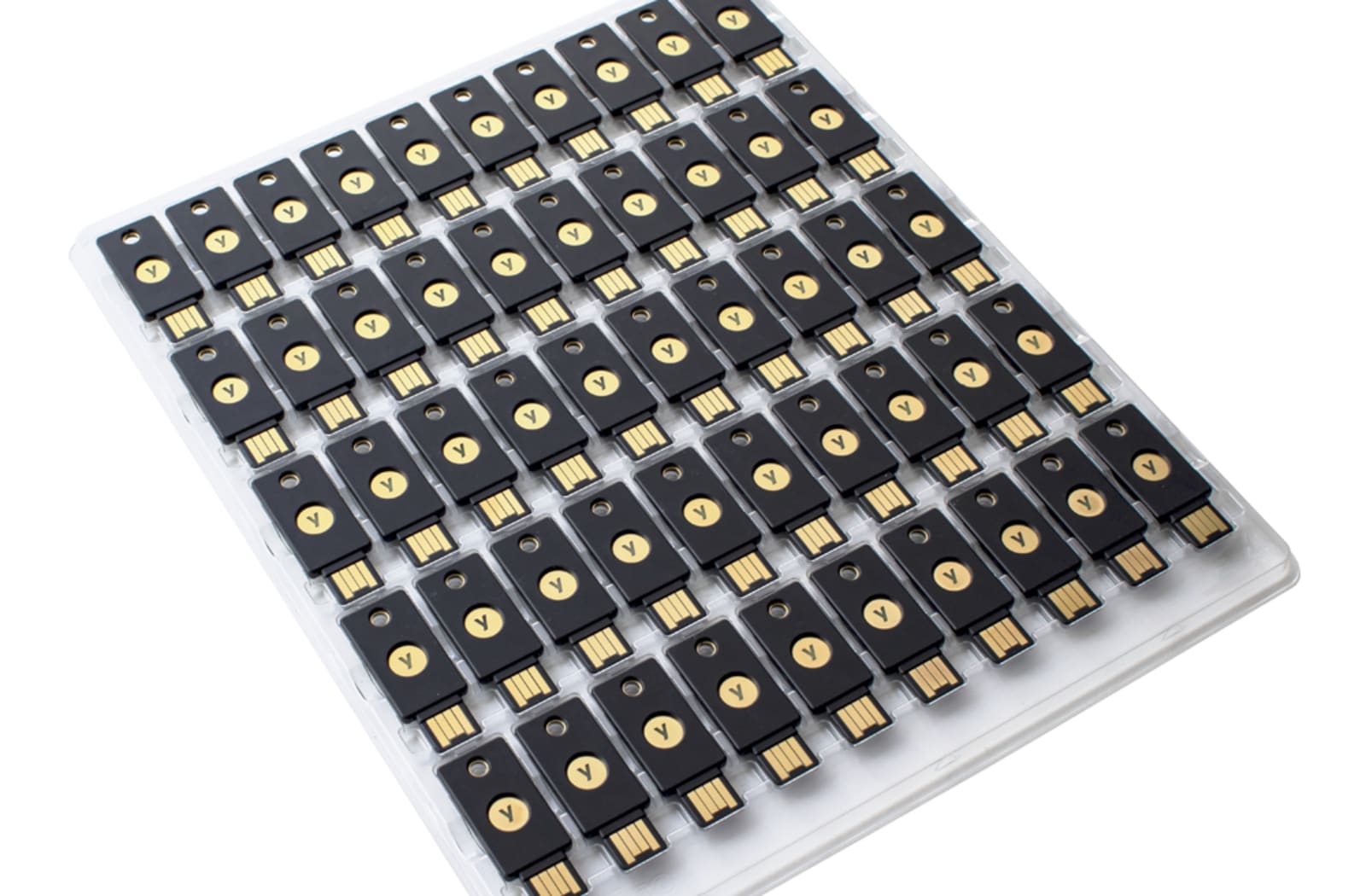 A growing number of companies are looking at hardware authentication security keys as a trusted and convenient way to protect sensitive corporate data. Indeed, Google has recently launched an open source project to help advance the uptake of this tec...
A growing number of companies are looking at hardware authentication security keys as a trusted and convenient way to protect sensitive corporate data. Indeed, Google has recently launched an open source project to help advance the uptake of this tec...
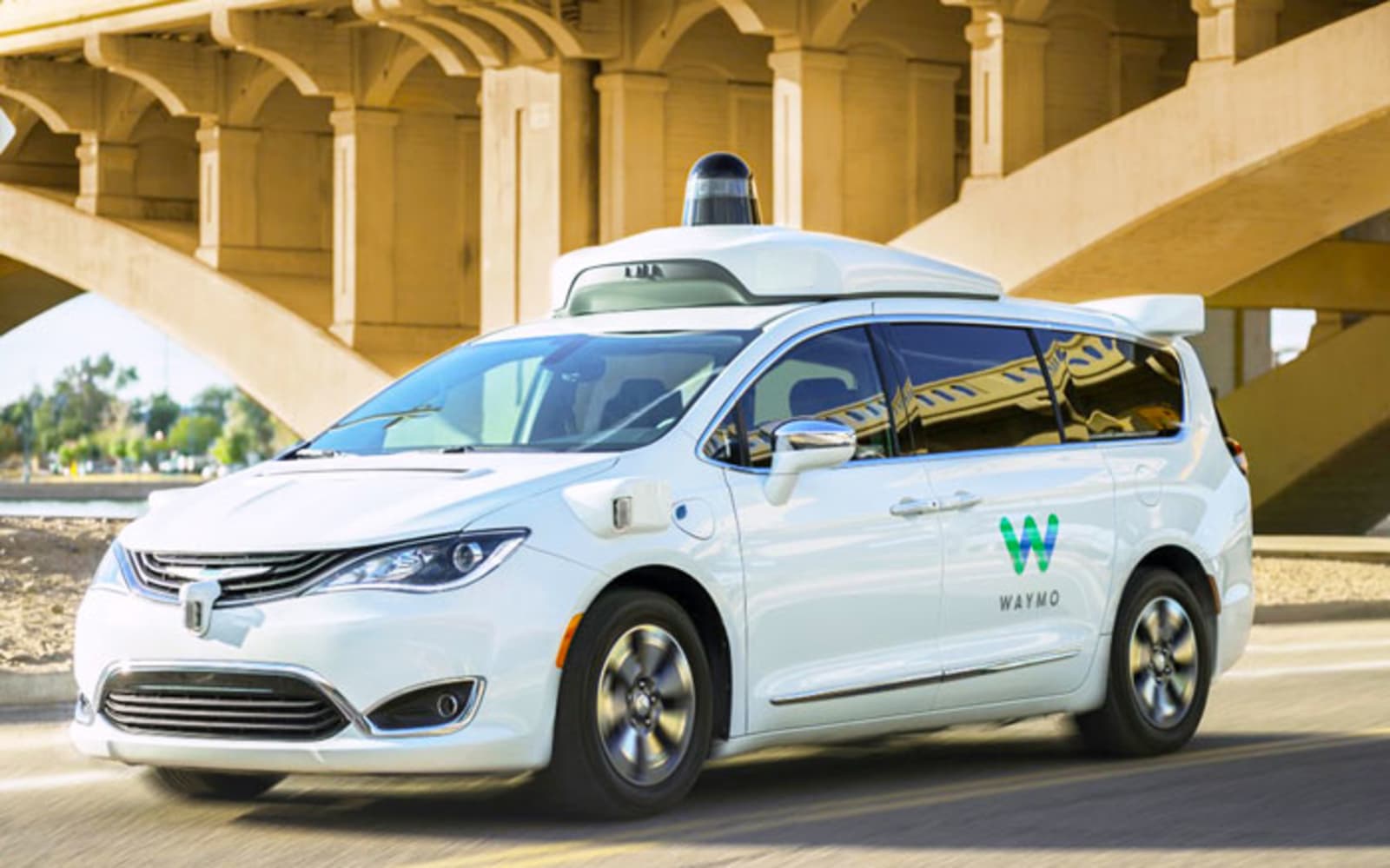 Waymo is now offering limited "rider-only" trips in Phoenix, Arizona, Chief Executive John Krafcik told reporters this weekend. At the moment, the fully-autonomous ridesharing service is only available to a few hundred early users.
Waymo is now offering limited "rider-only" trips in Phoenix, Arizona, Chief Executive John Krafcik told reporters this weekend. At the moment, the fully-autonomous ridesharing service is only available to a few hundred early users.
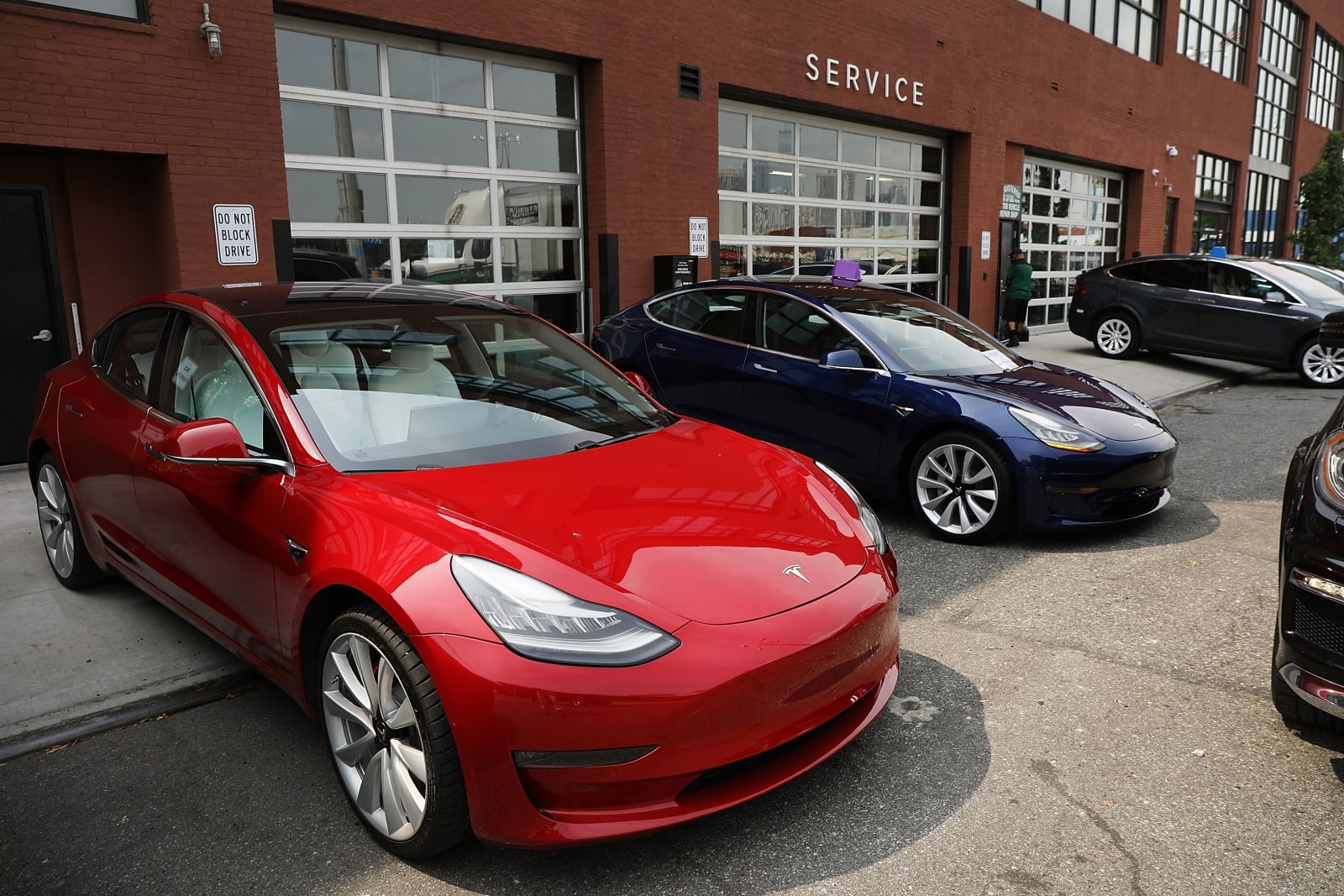 While many Tesla owners love their electric vehicles, one complaint we've heard about has been about waiting for repairs. Last year Elon Musk announced Tesla would bring most collision repairs in-house to help reduce wait times to same-day or even on...
While many Tesla owners love their electric vehicles, one complaint we've heard about has been about waiting for repairs. Last year Elon Musk announced Tesla would bring most collision repairs in-house to help reduce wait times to same-day or even on...